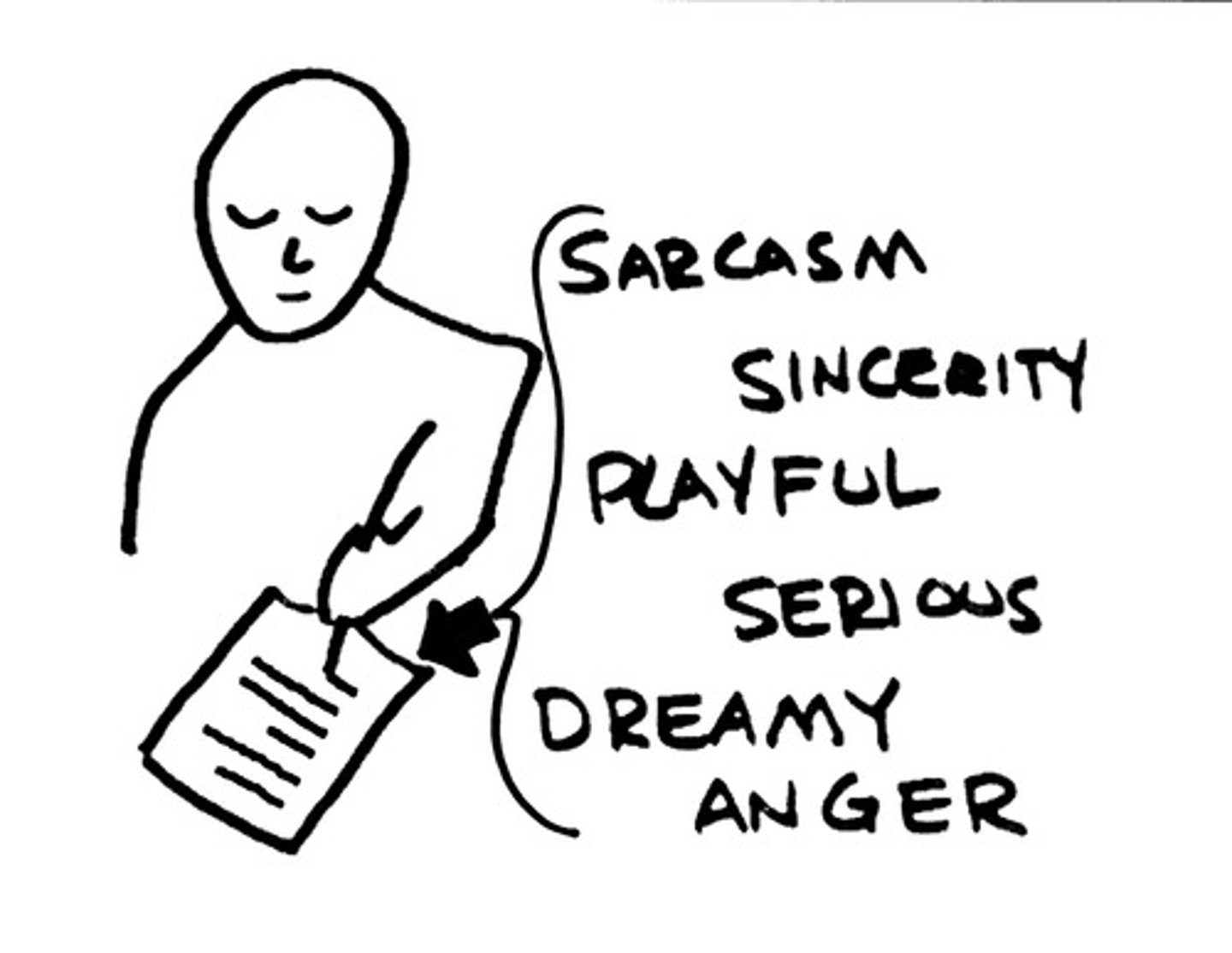Literary Devices (All 40 Terms)
1/39
There's no tags or description
Looks like no tags are added yet.
Name | Mastery | Learn | Test | Matching | Spaced |
|---|
No study sessions yet.
40 Terms
Allegory
a narrative story in which the characters/events have symbolic meanings and are used to convey a hidden meaning
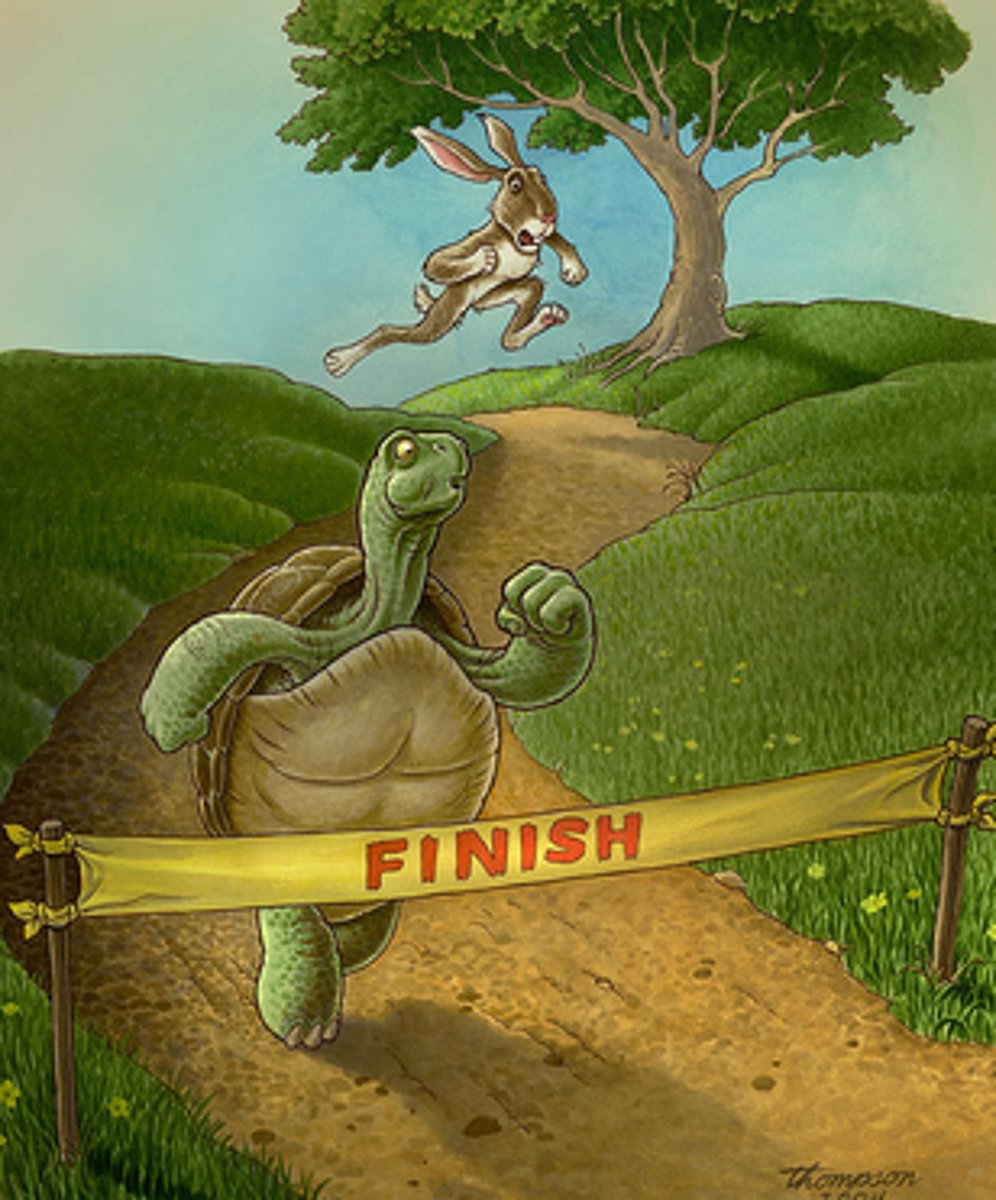
Alliteration
repetition of the same letter or sound at the beginning of a series of words
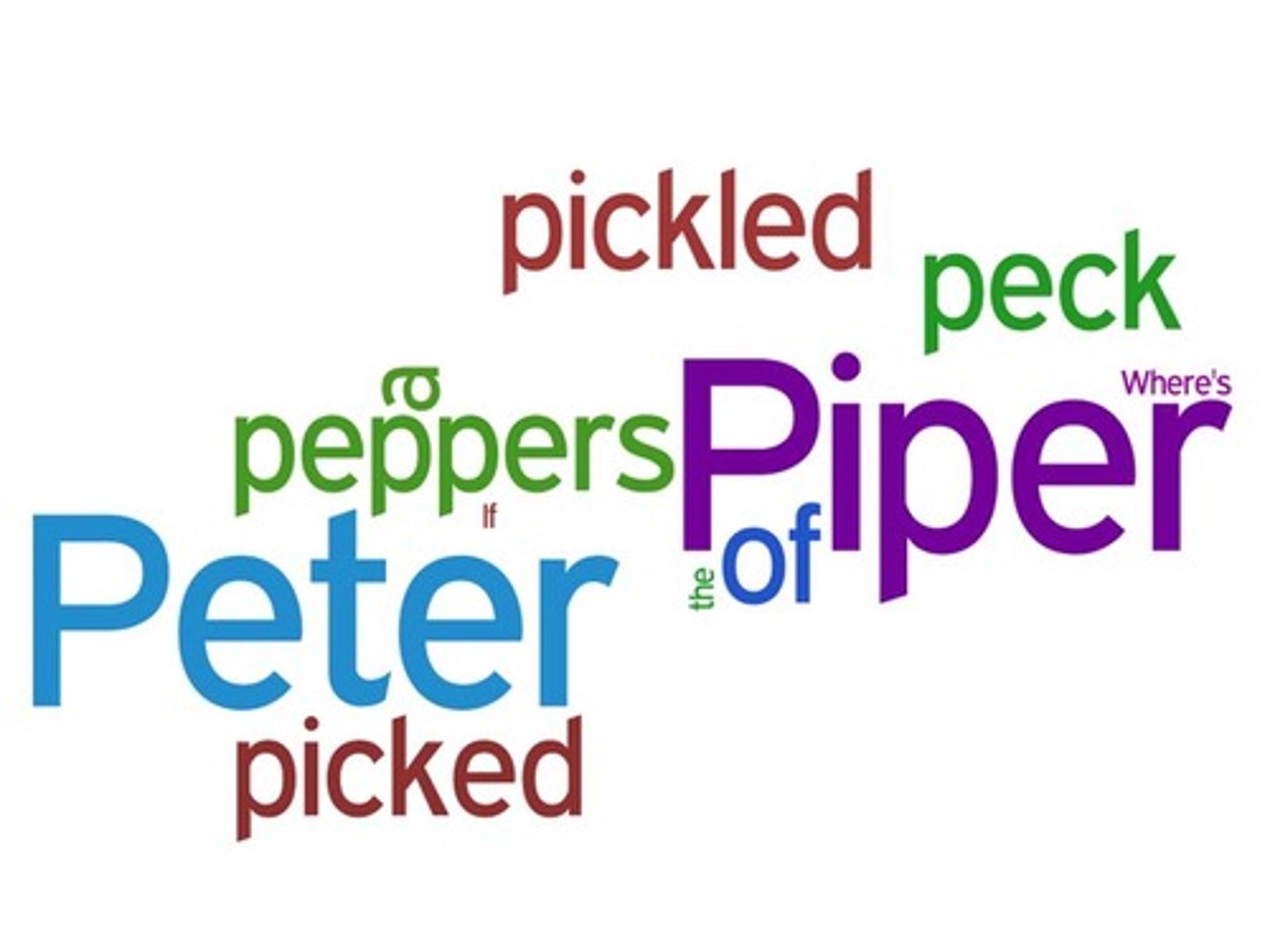
Allusion
an implied or indirect reference to a person, place, event, or other work of literature
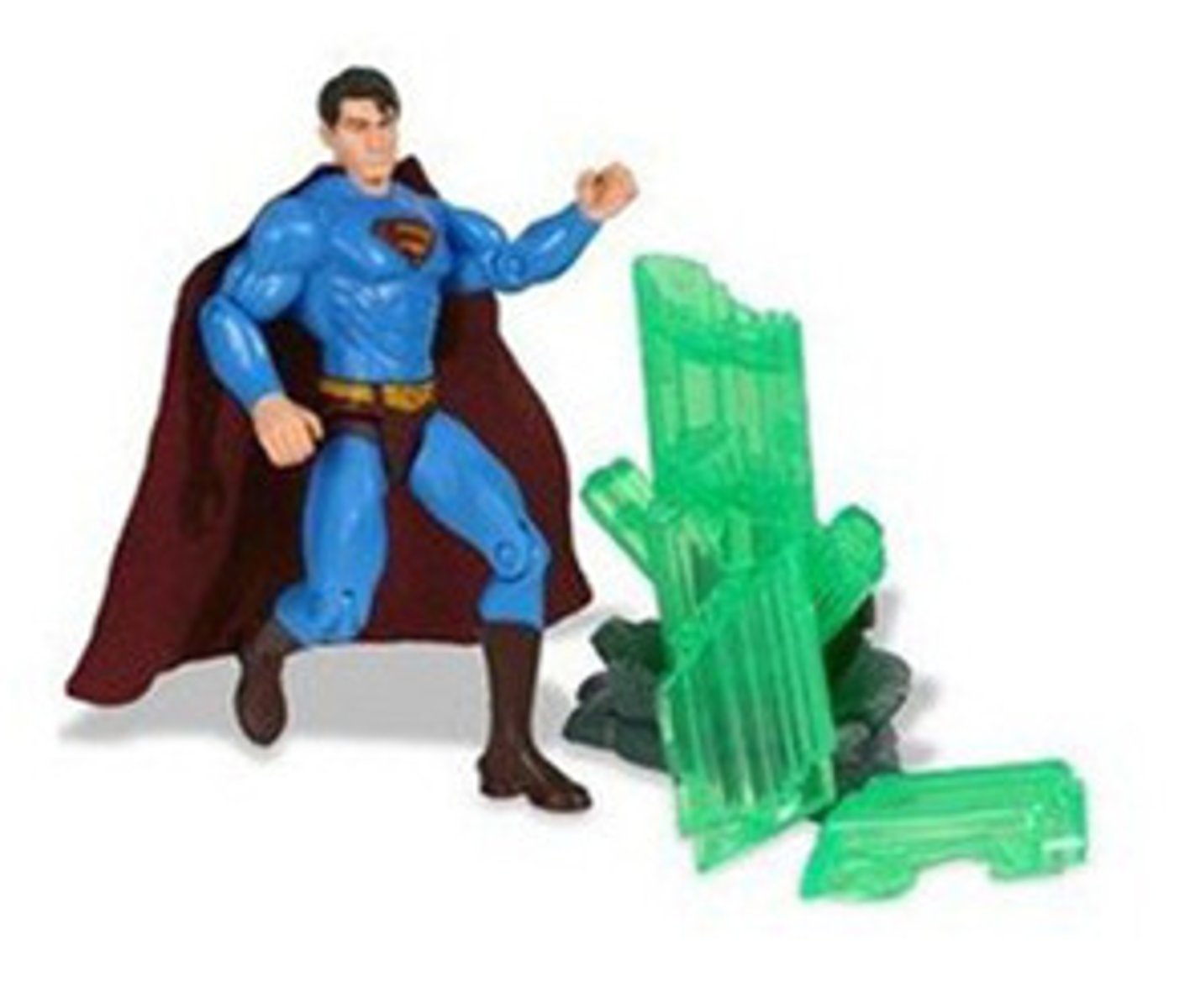
Anaphora
the repetition of words or phrases in a group of sentences, clauses or poetic lines
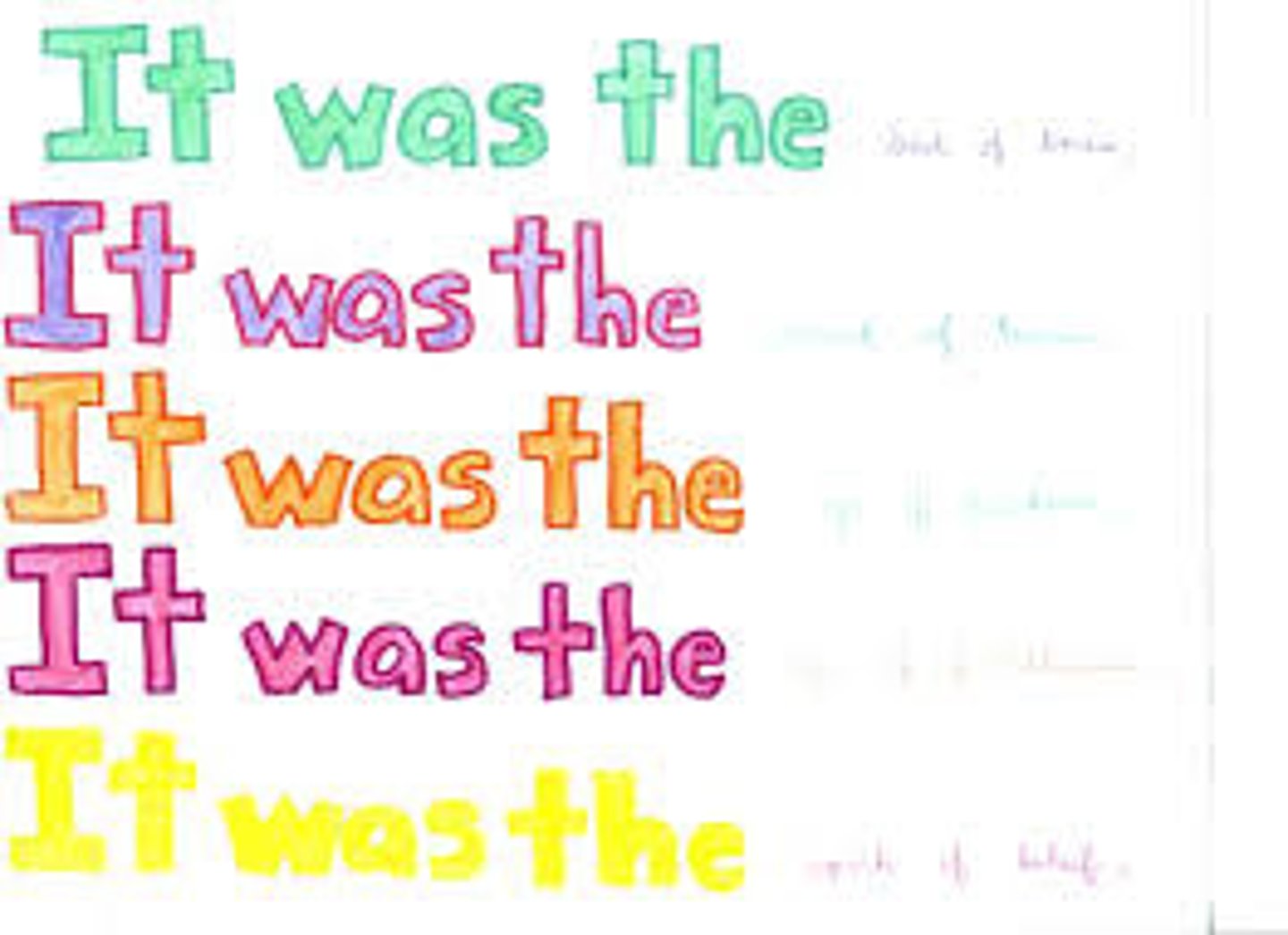
Anecdote
a brief story about something funny or interesting in someone's life
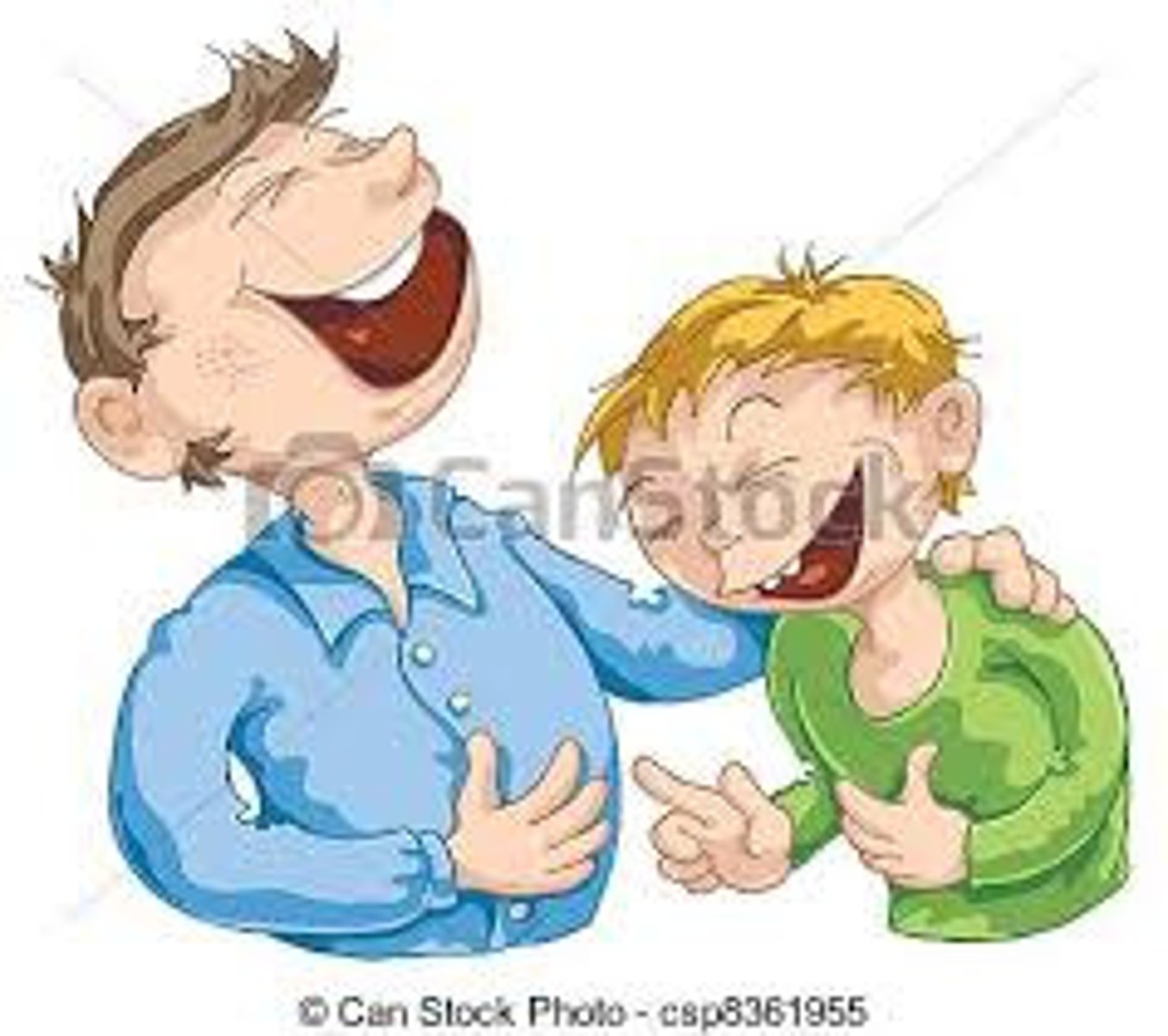
Antagonist
the person, group, force or idea that opposes or works against the protagonist
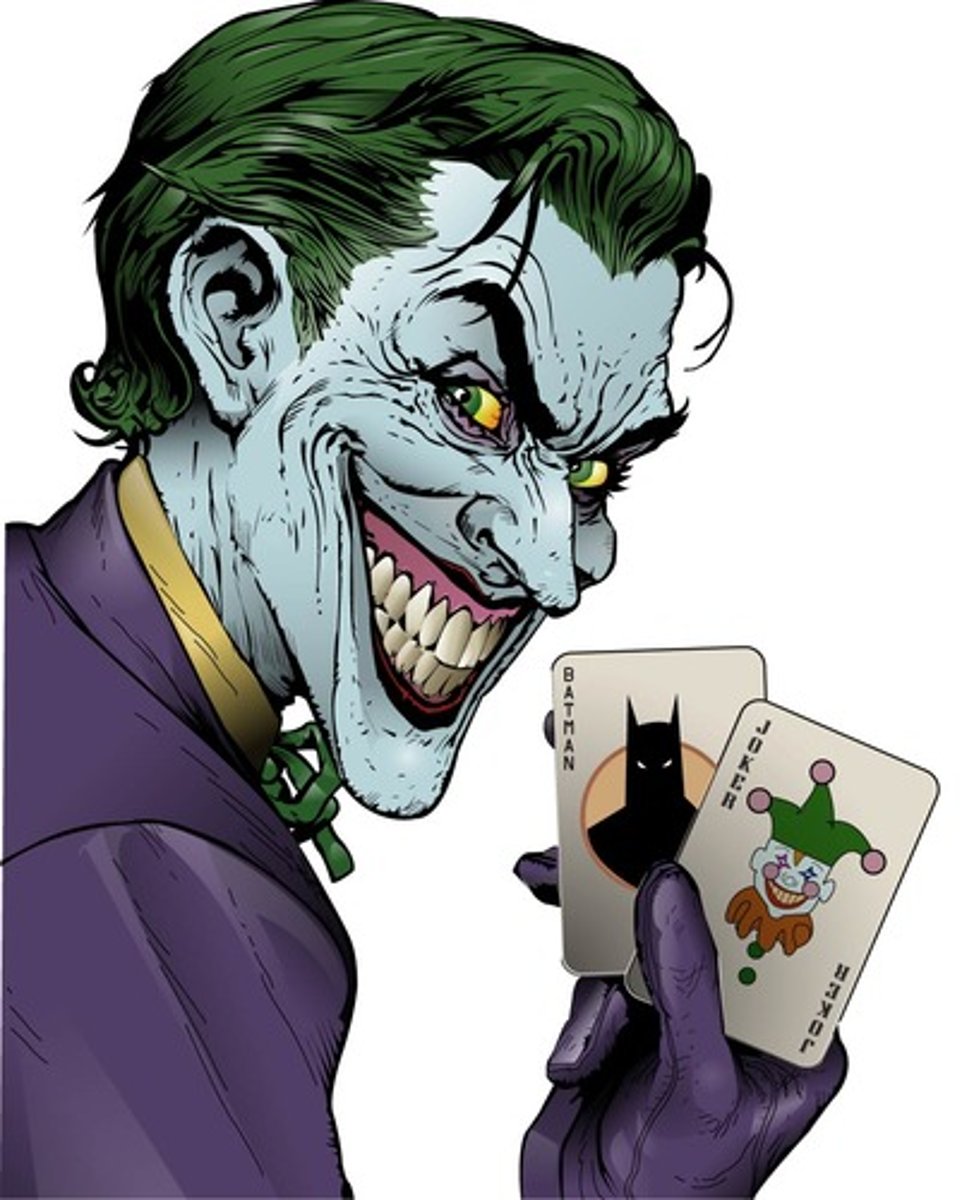
Antithesis
two contrasting ideas juxtaposed against each other using parallel sentence structure
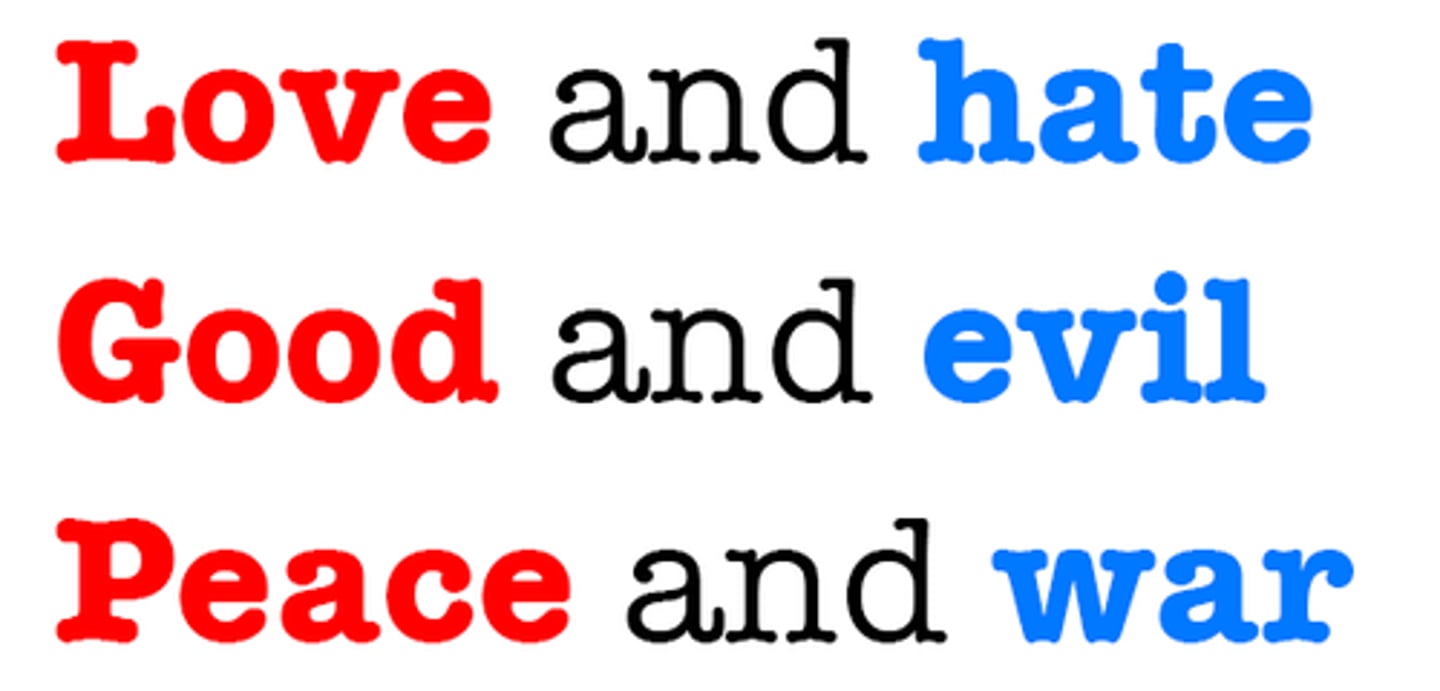
Apostrophe
addressing someone or something absent, dead, or non-human as if they were present
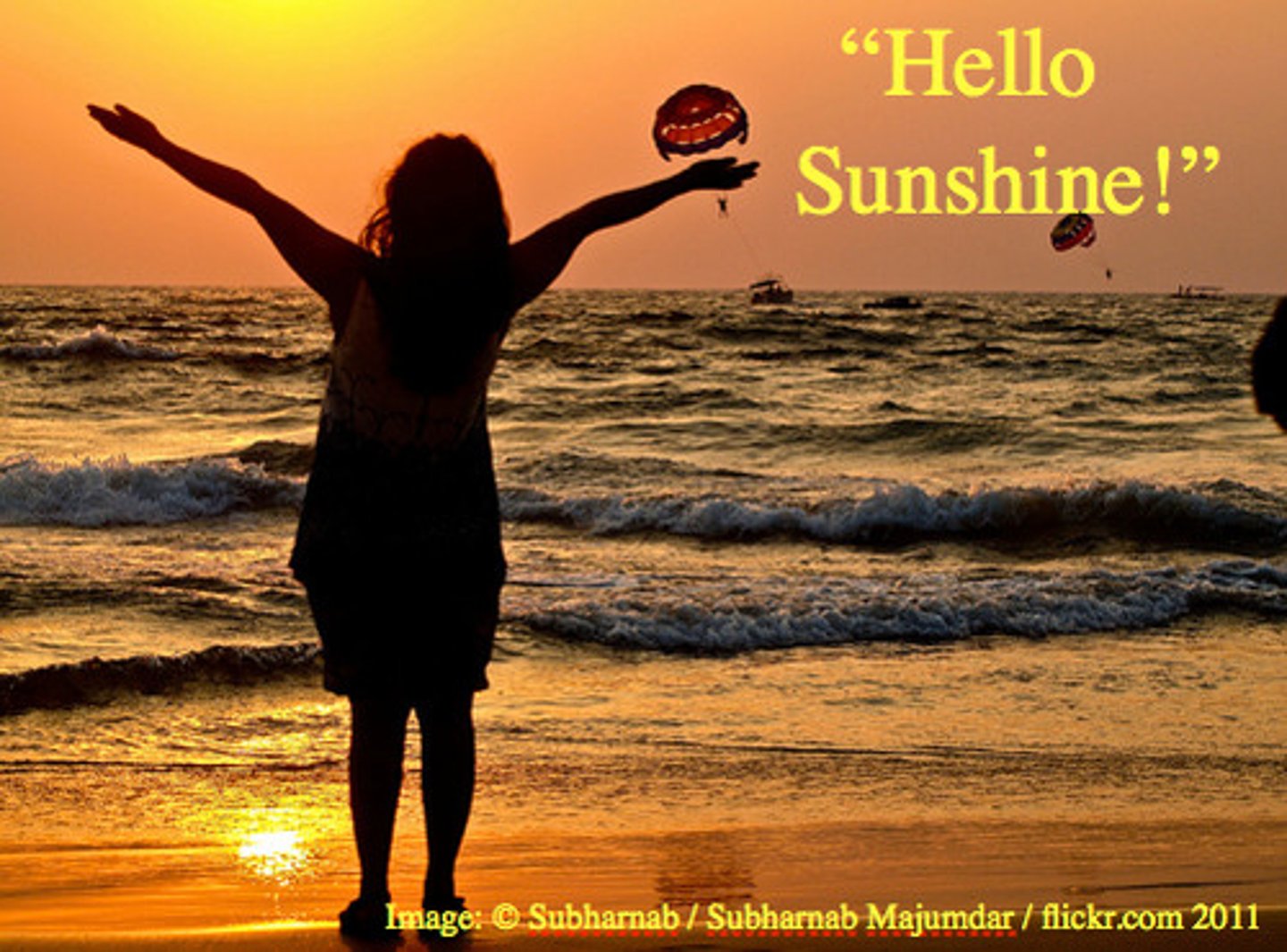
Archetype
a universal symbol/pattern that recurs in myths, stories, and other forms of literature across different cultures and time periods

Assonance
the repetition of similar vowel sounds in a series of words or phrases
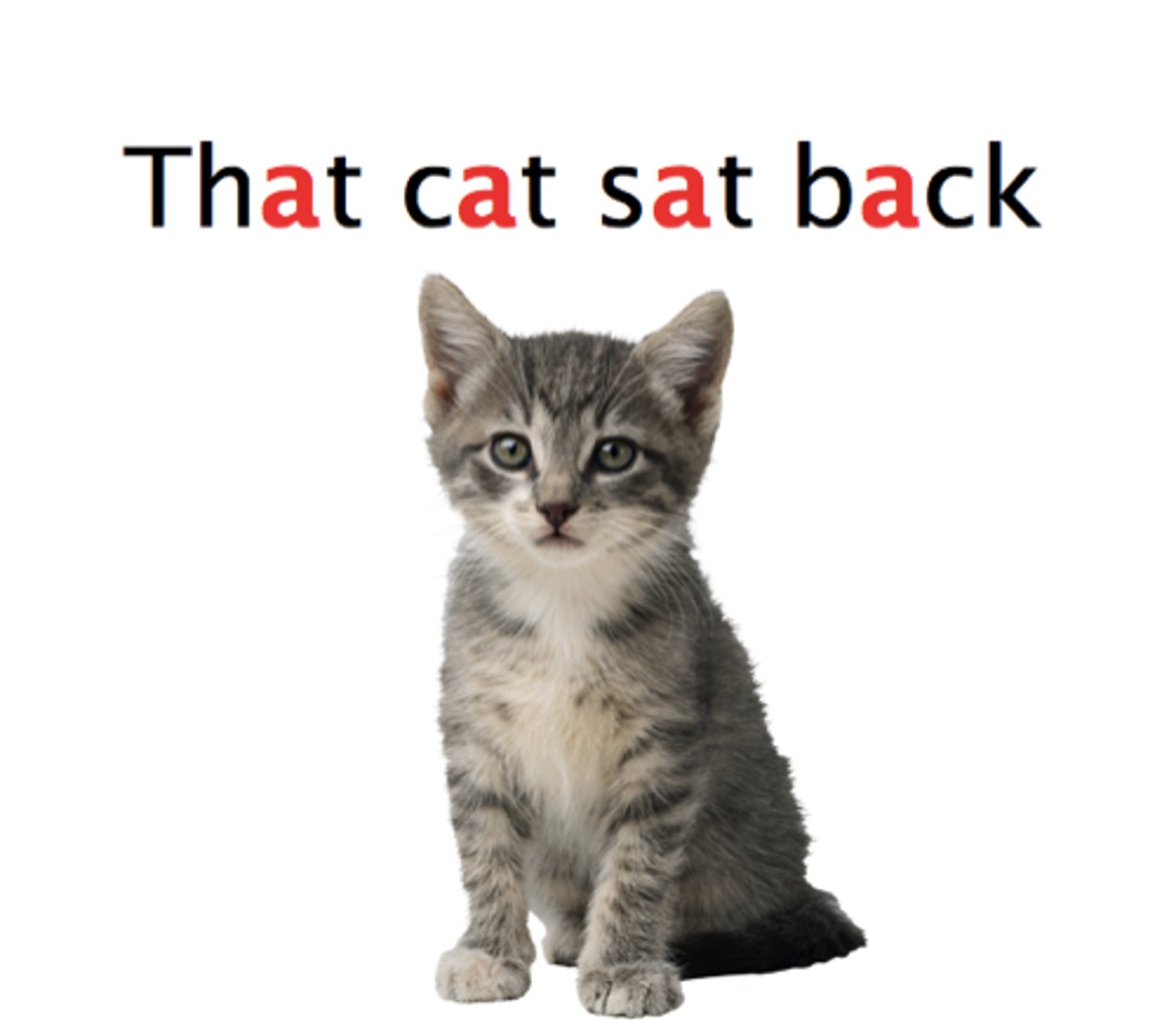
Colloquialism
an informal or casual word or phrase
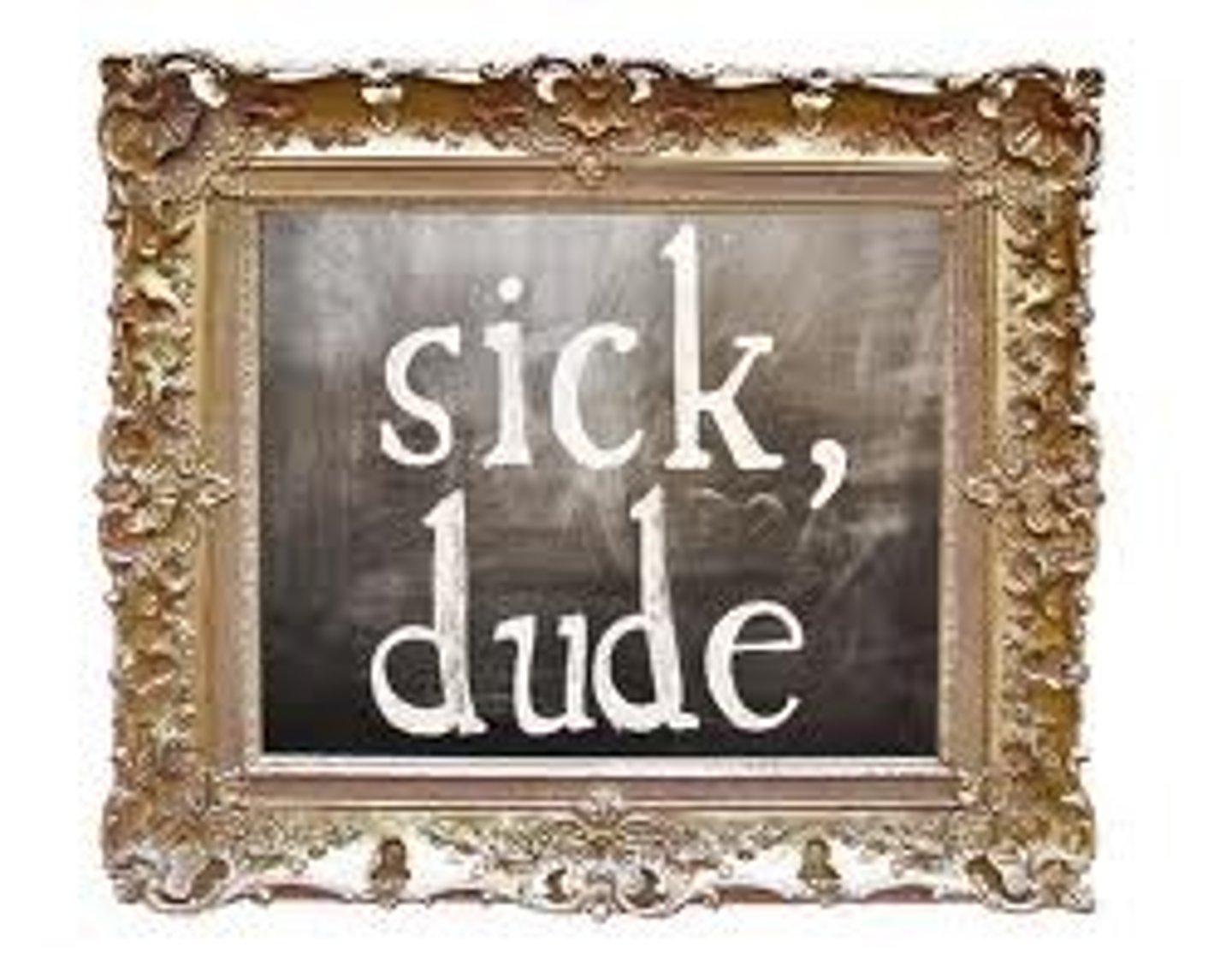
Cliche
an overused expression
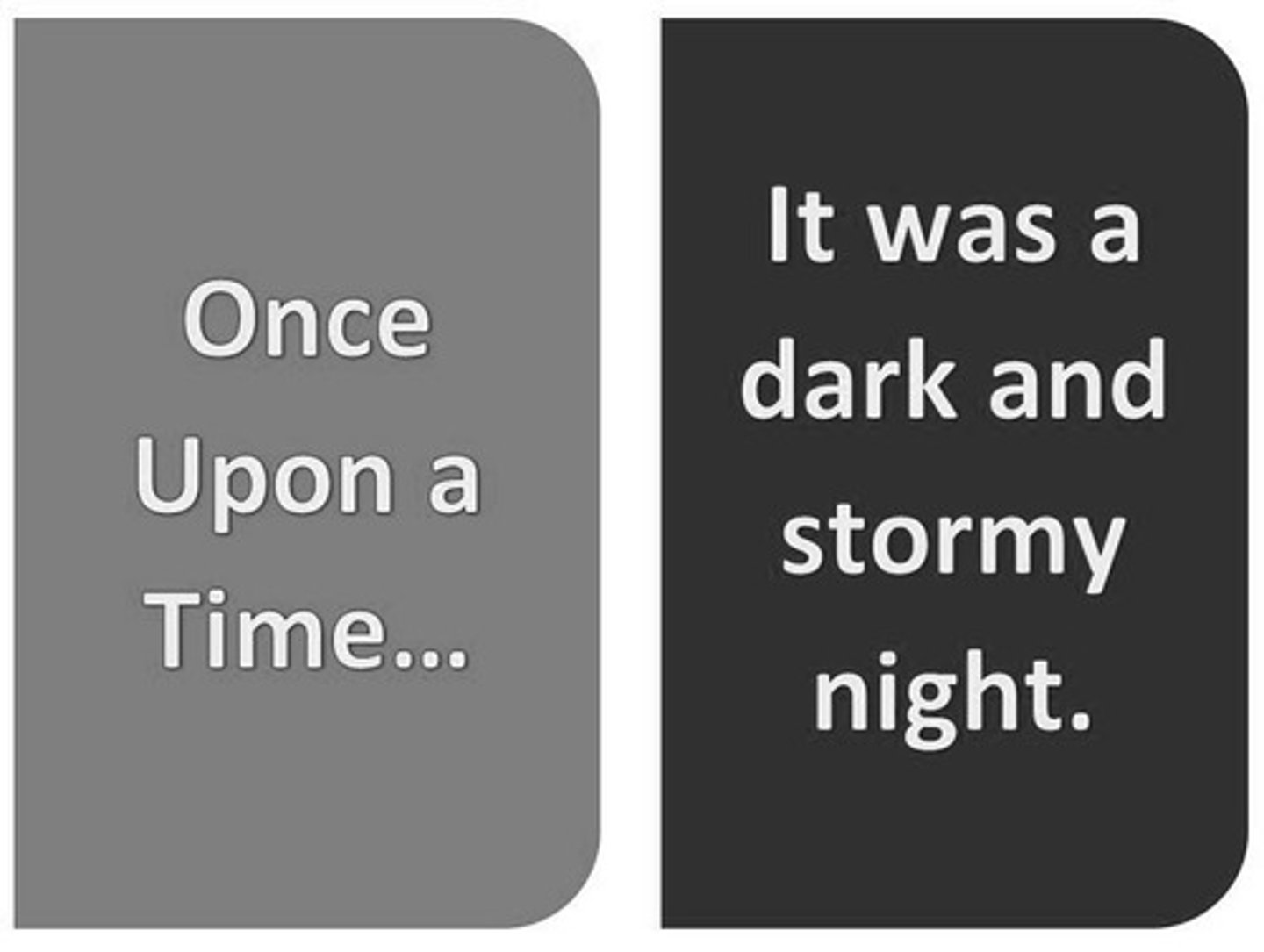
Connotation
the implied meaning of a word
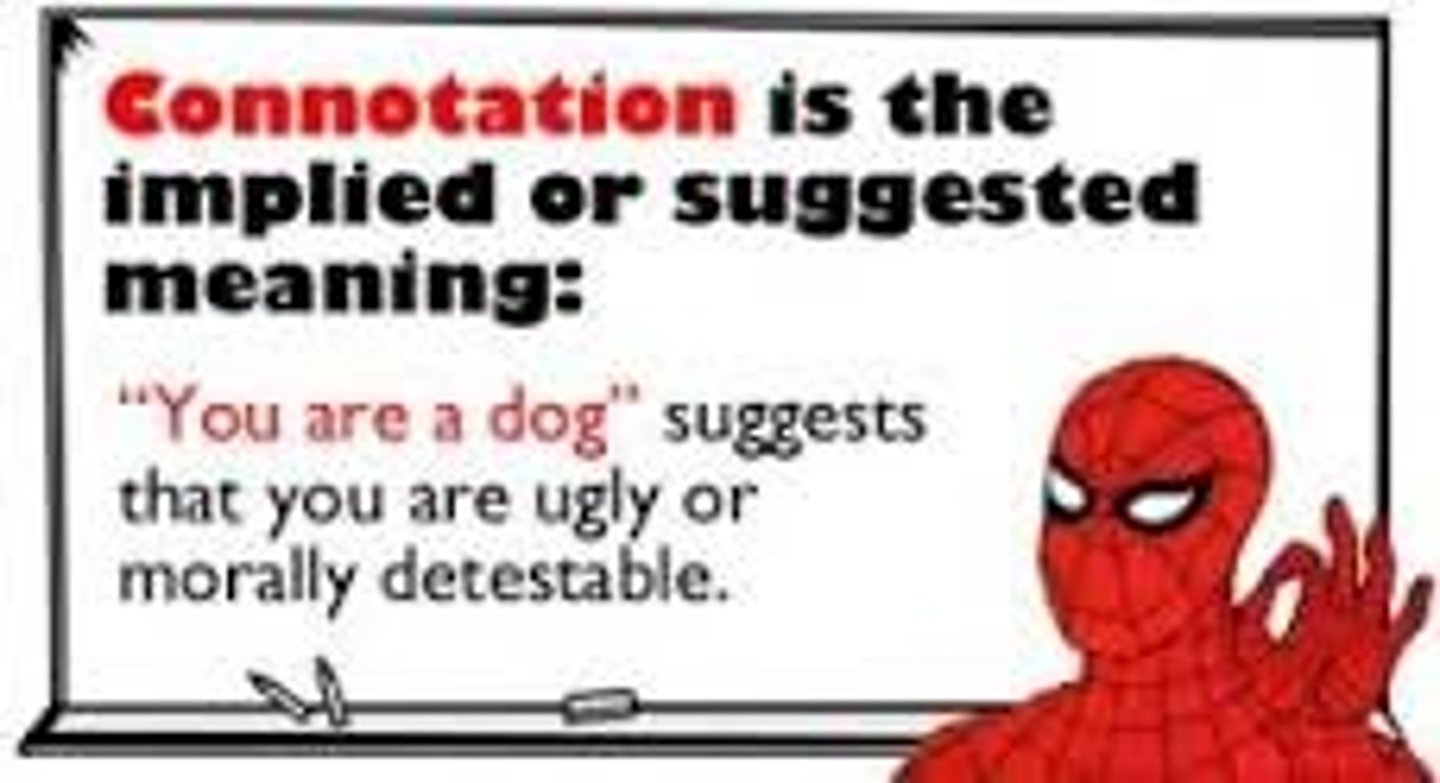
Consonance
the repetition of consonant sounds
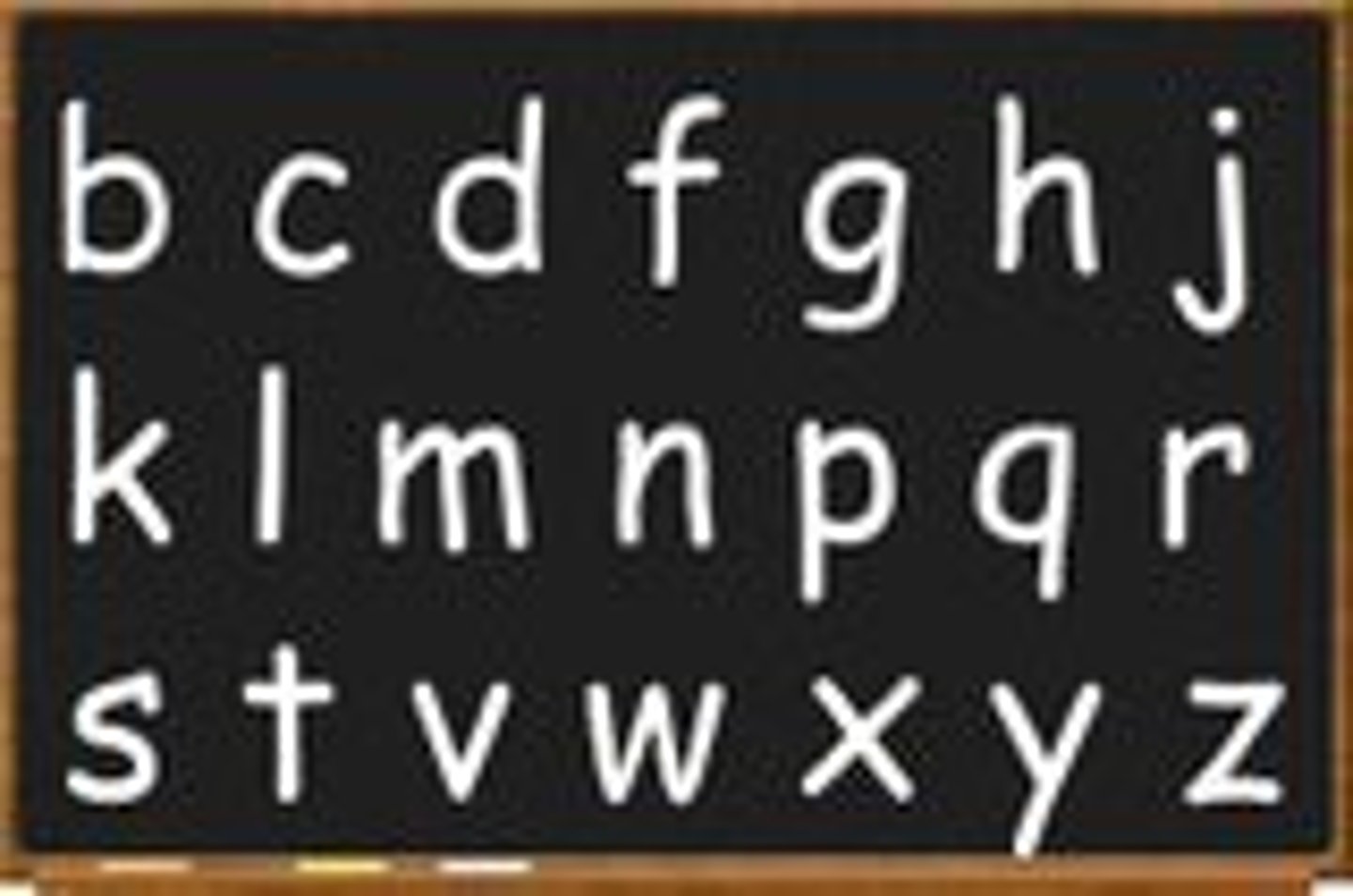
Denotation
the literal meaning of a word
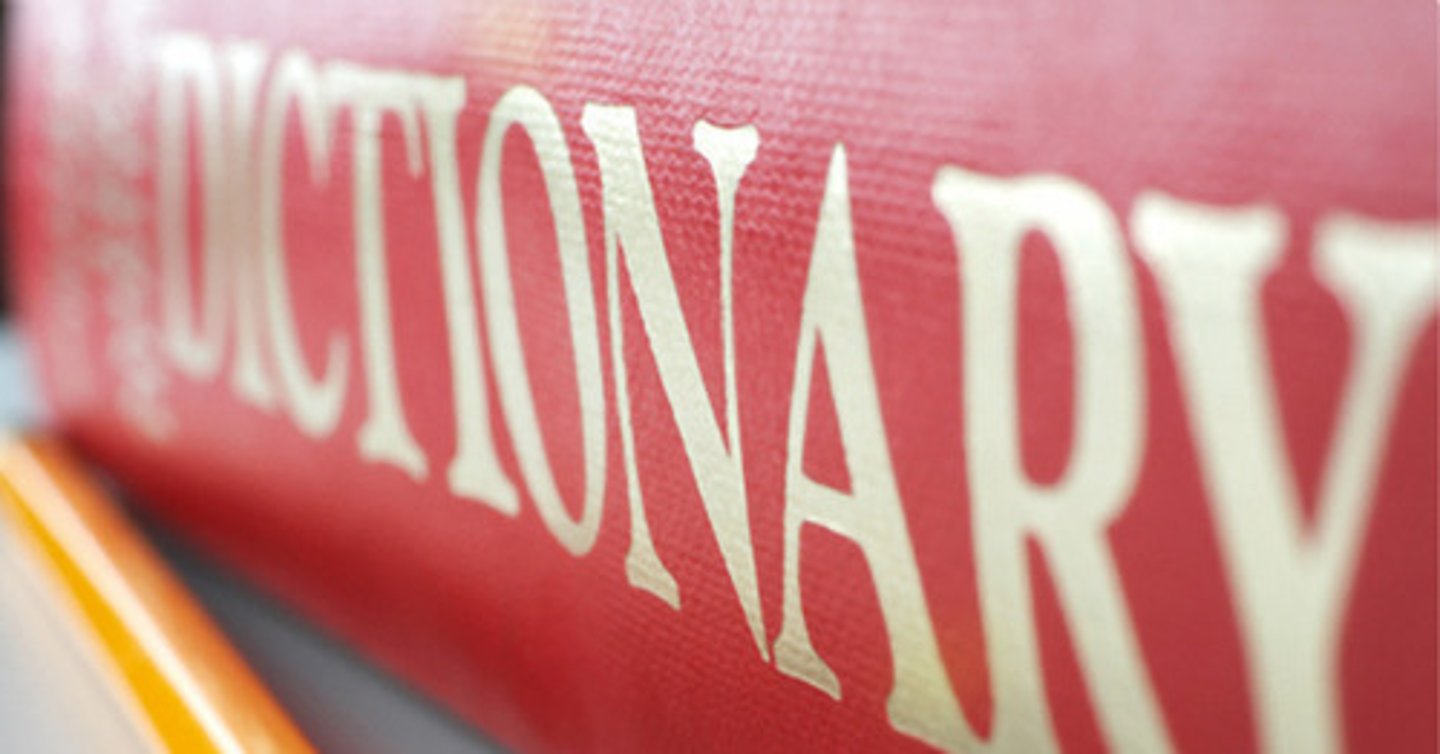
Dialect
a regional variety of a language distinct from the standard in pronunciation, grammar, or vocabulary.
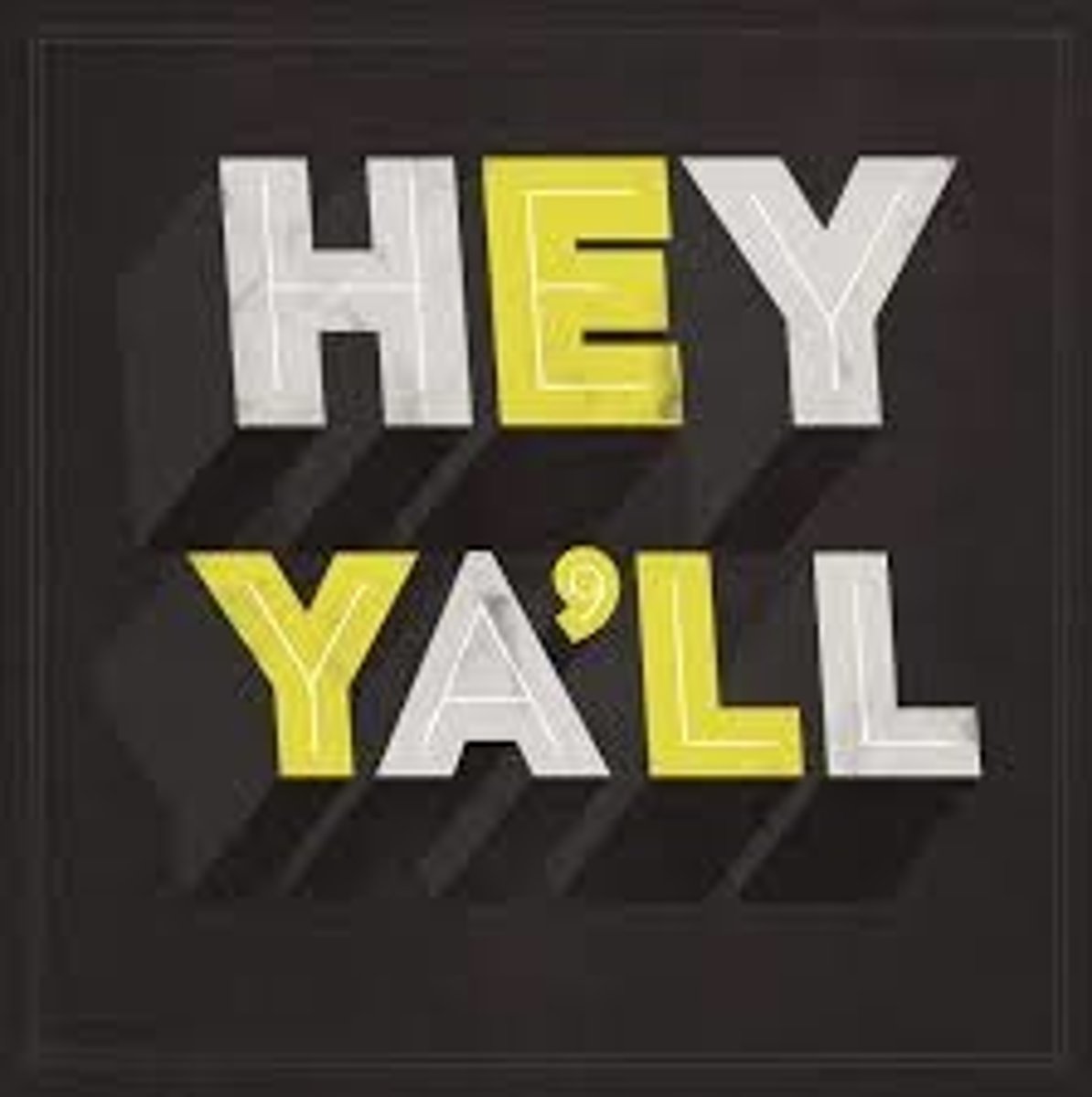
Dichotomy
separating something into two contrasting ideas
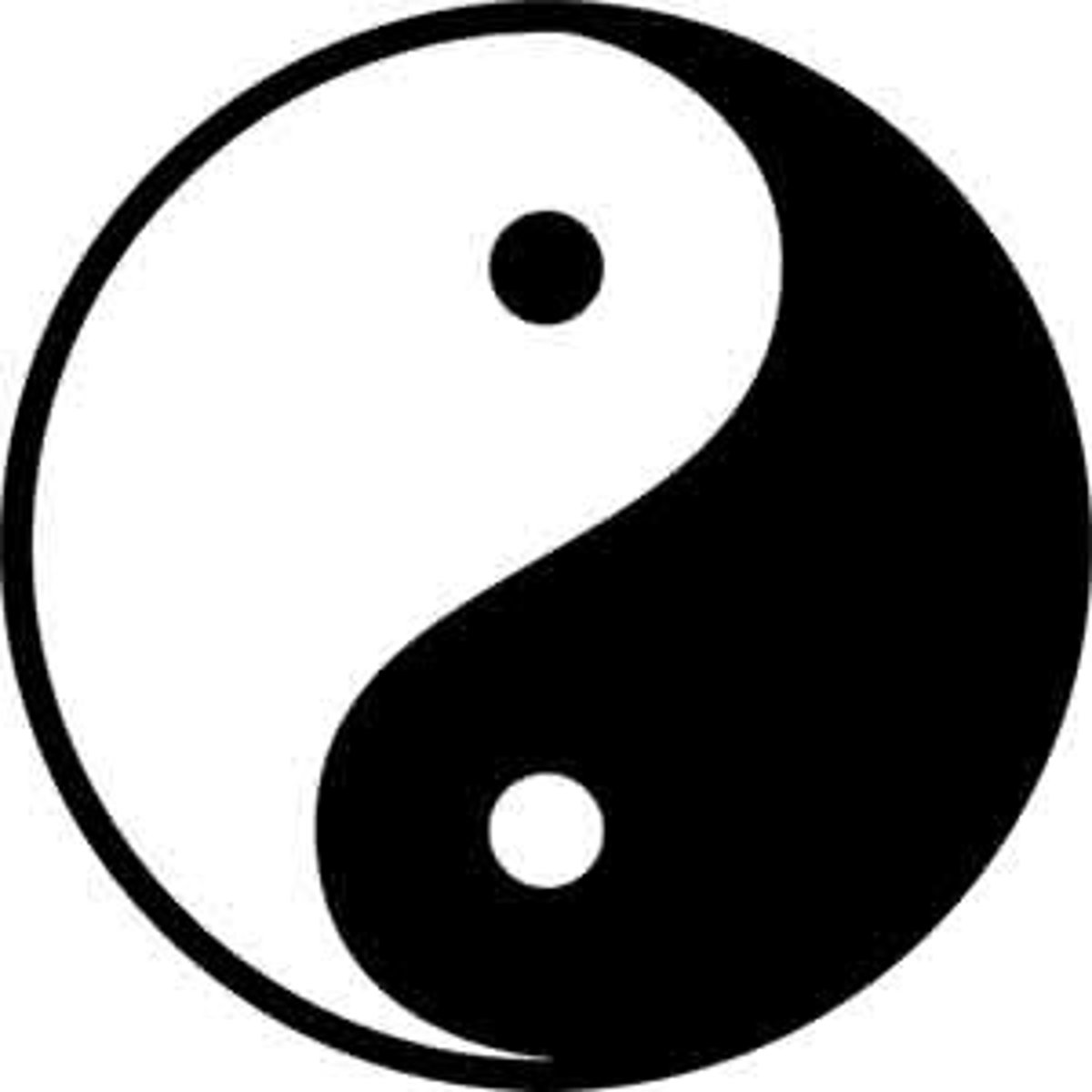
Dramatic Irony
when the reader/audience knows something the character(s) don't

Euphemism
figurative language that replaces a harsh or impolite phrase
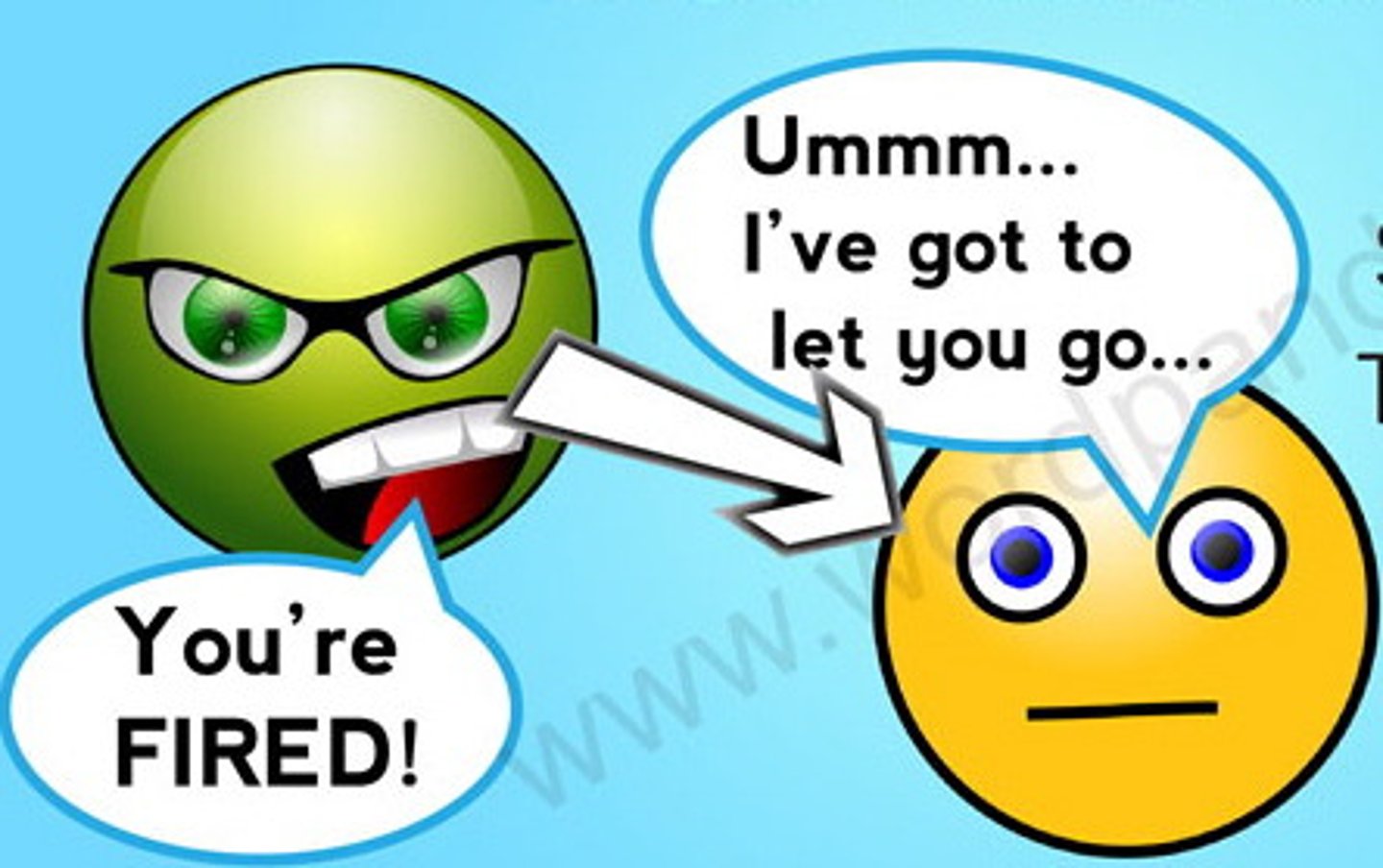
Foreshadowing
when the author hints about something that will happen later in the story
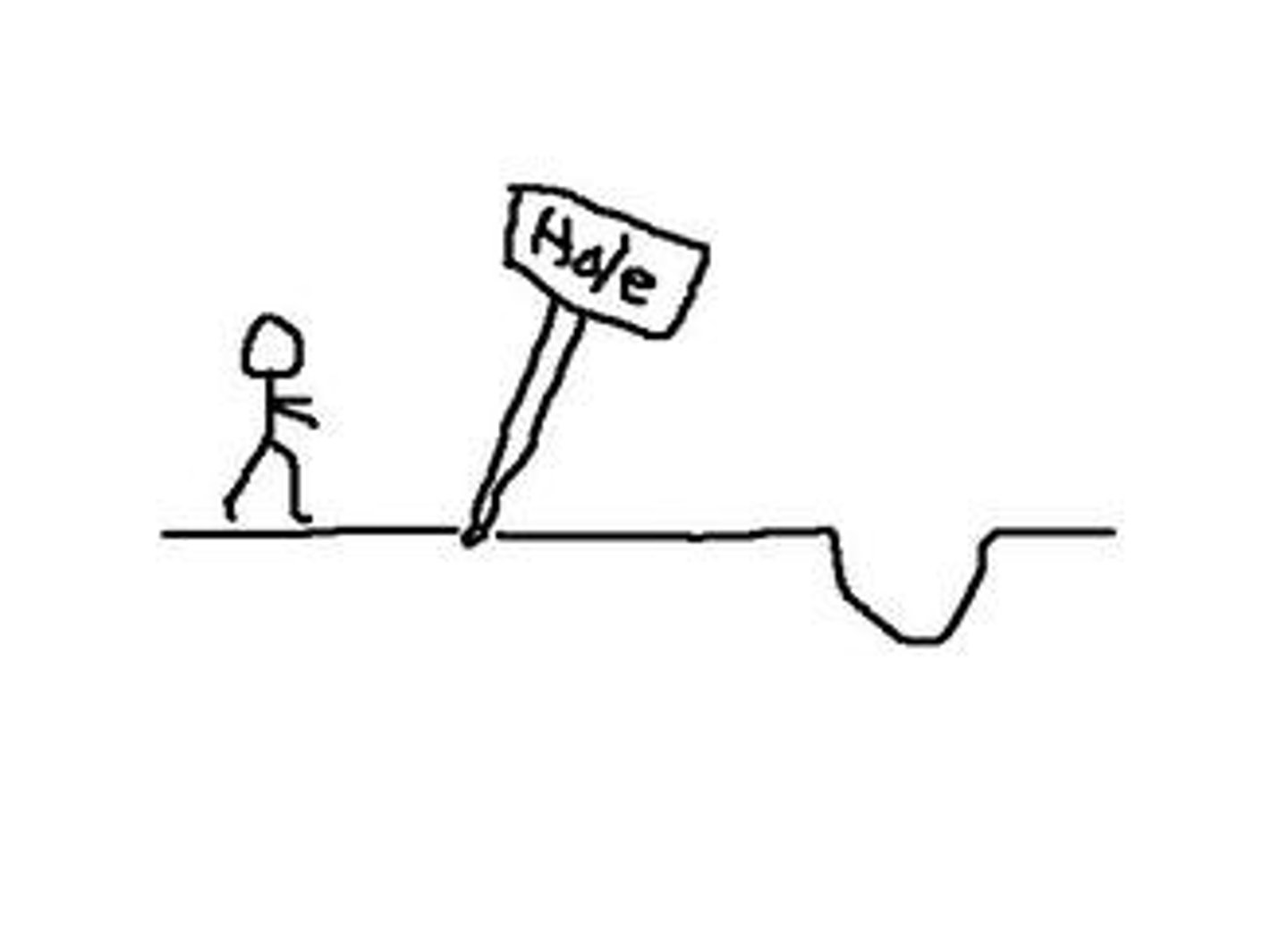
Hyperbole
using exaggeration for emphasis
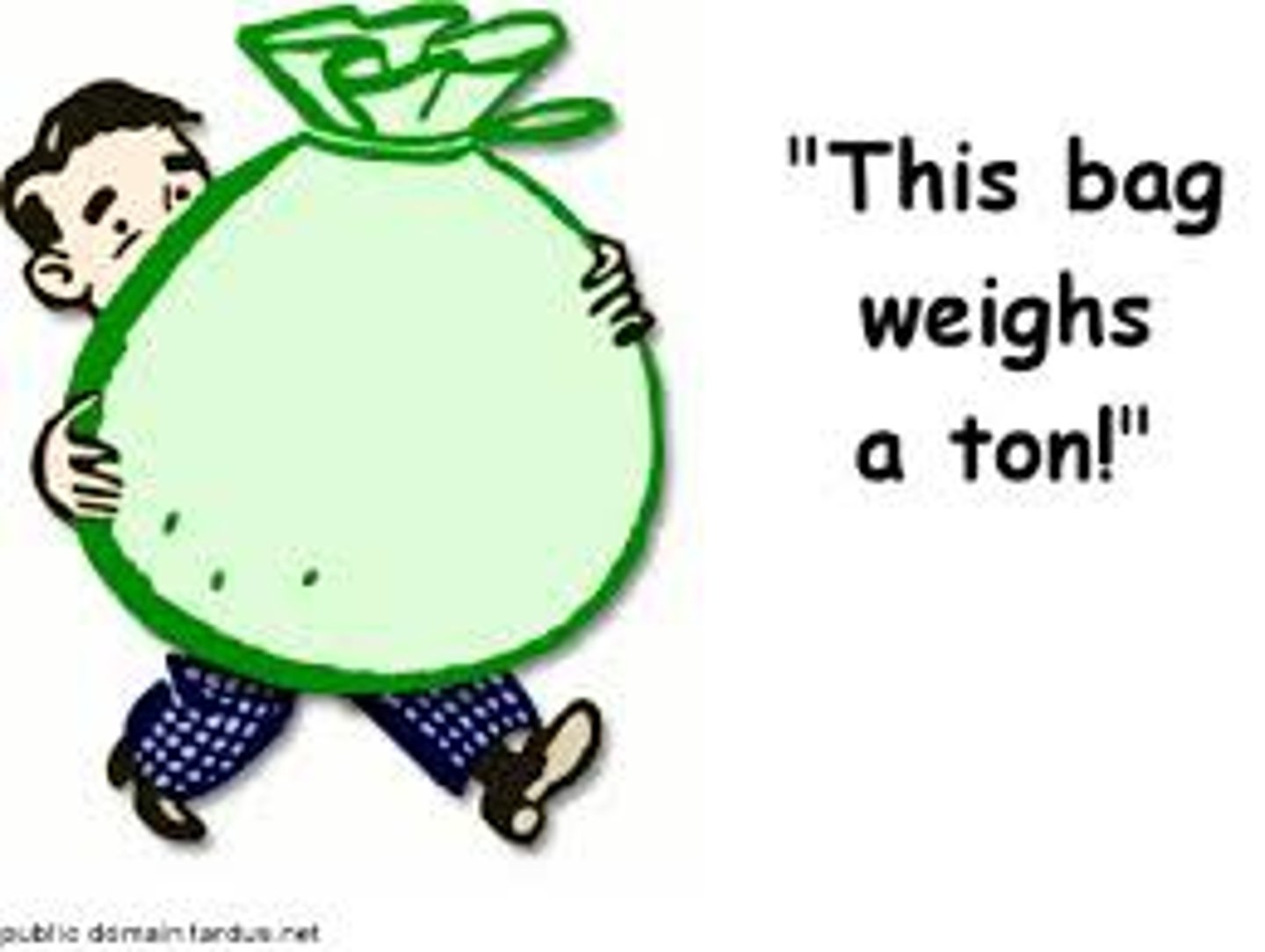
Hypophora
when a speaker asks a question and then immediately answers it
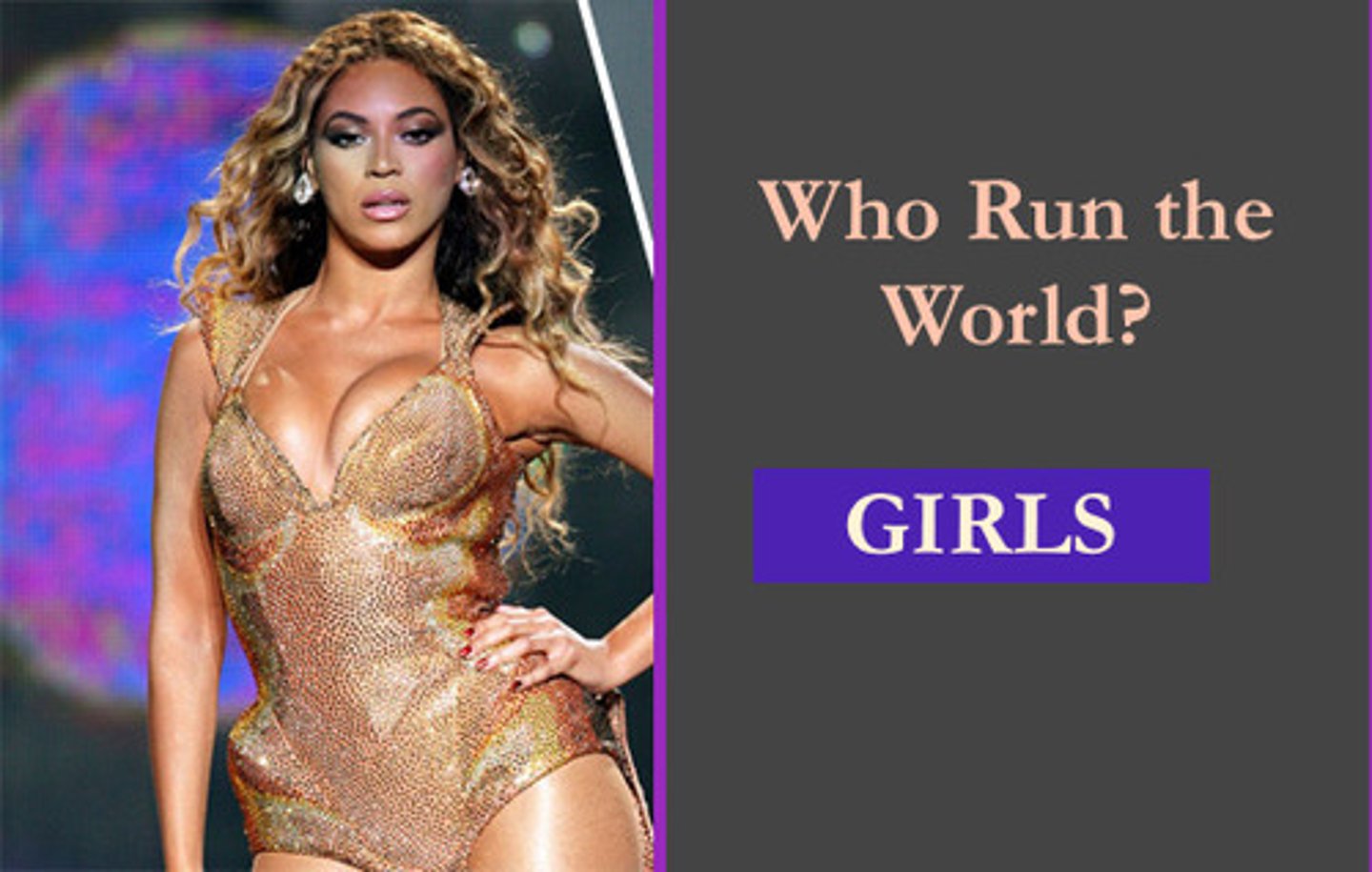
Idiom
a phrase that conveys a figurative meaning different from its literal meaning
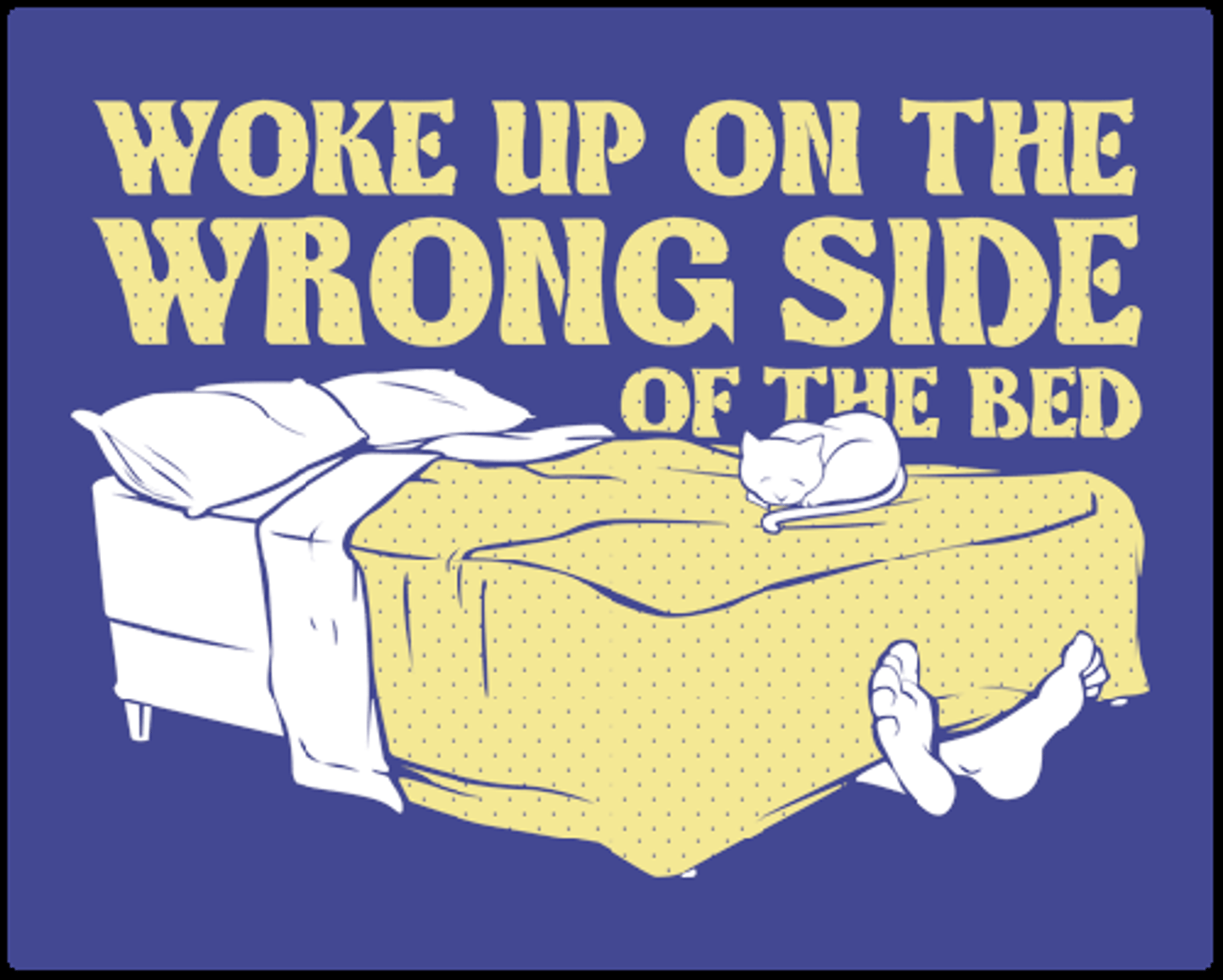
Irony
when something is the opposite of what is expected (remember verbal/situational)
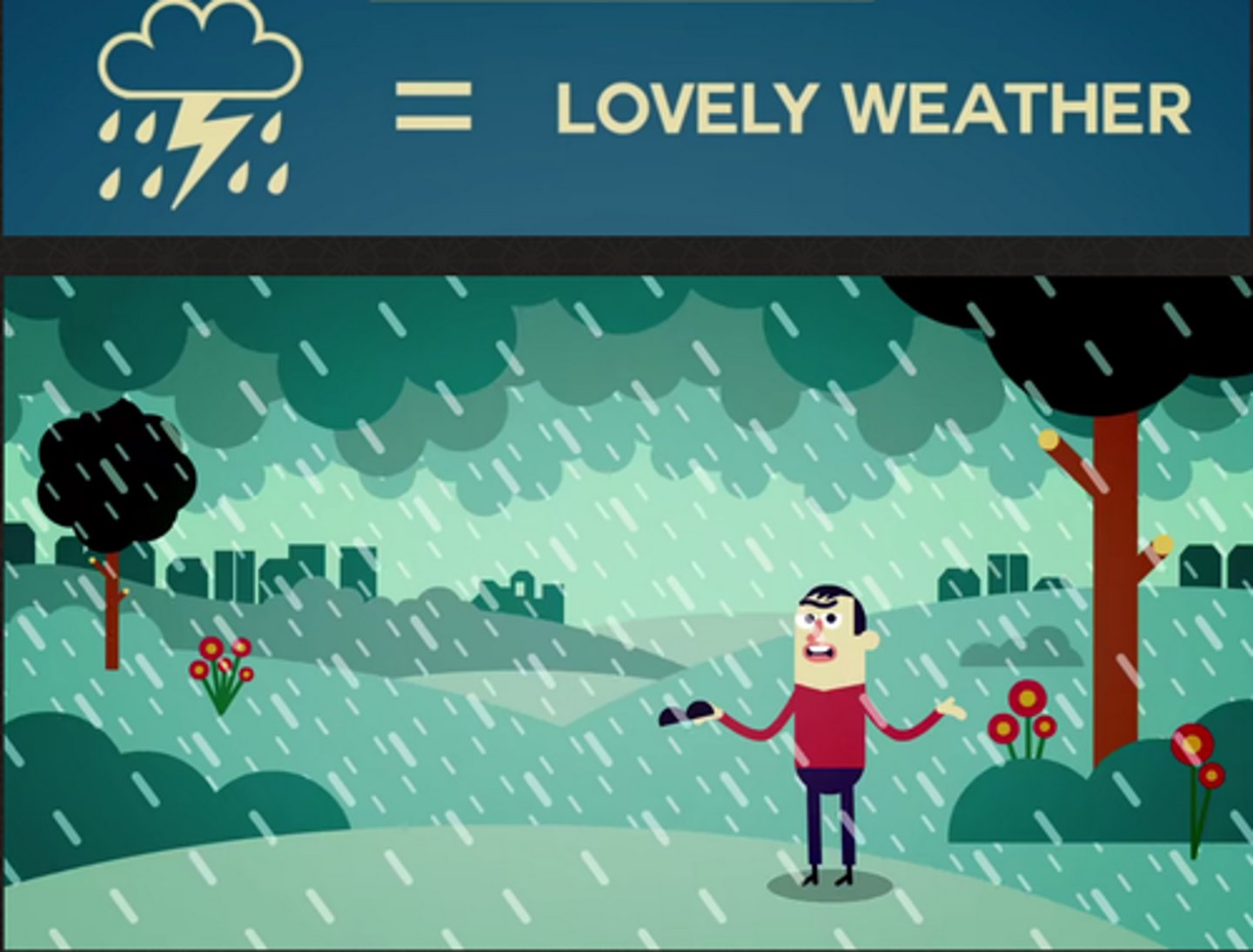
Malapropism
use of an incorrect word in place of a word with a similar sounding word
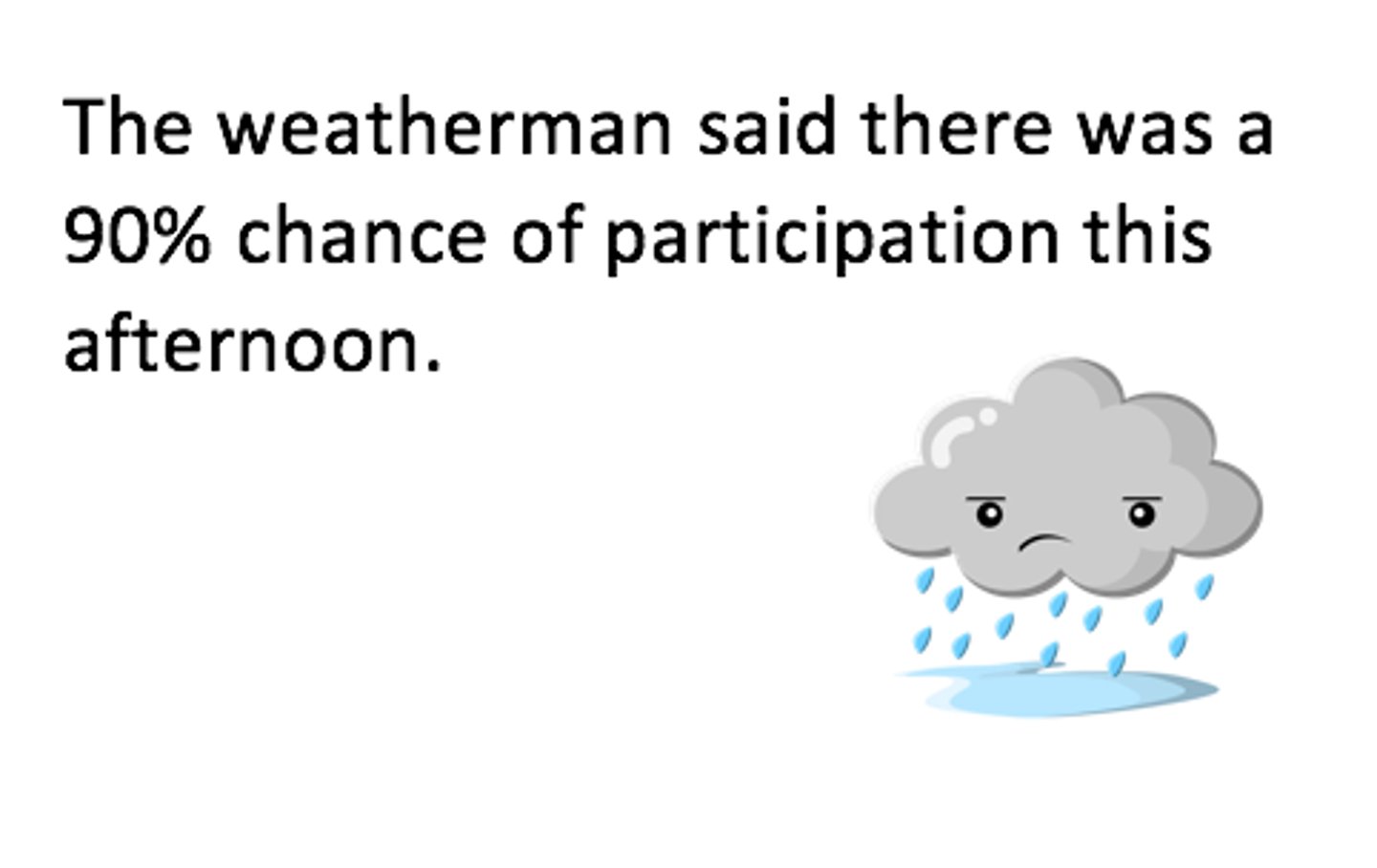
Metaphor
a comparison of two unlike things without using like or as
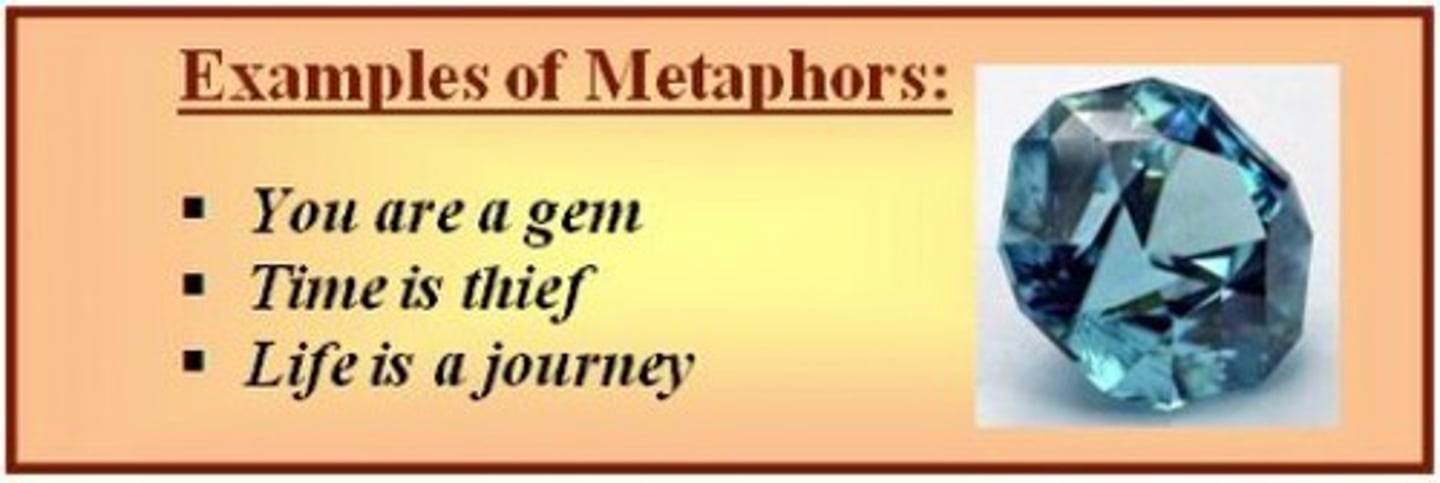
Metonymy
when a word that is associated with something is used to refer to that thing
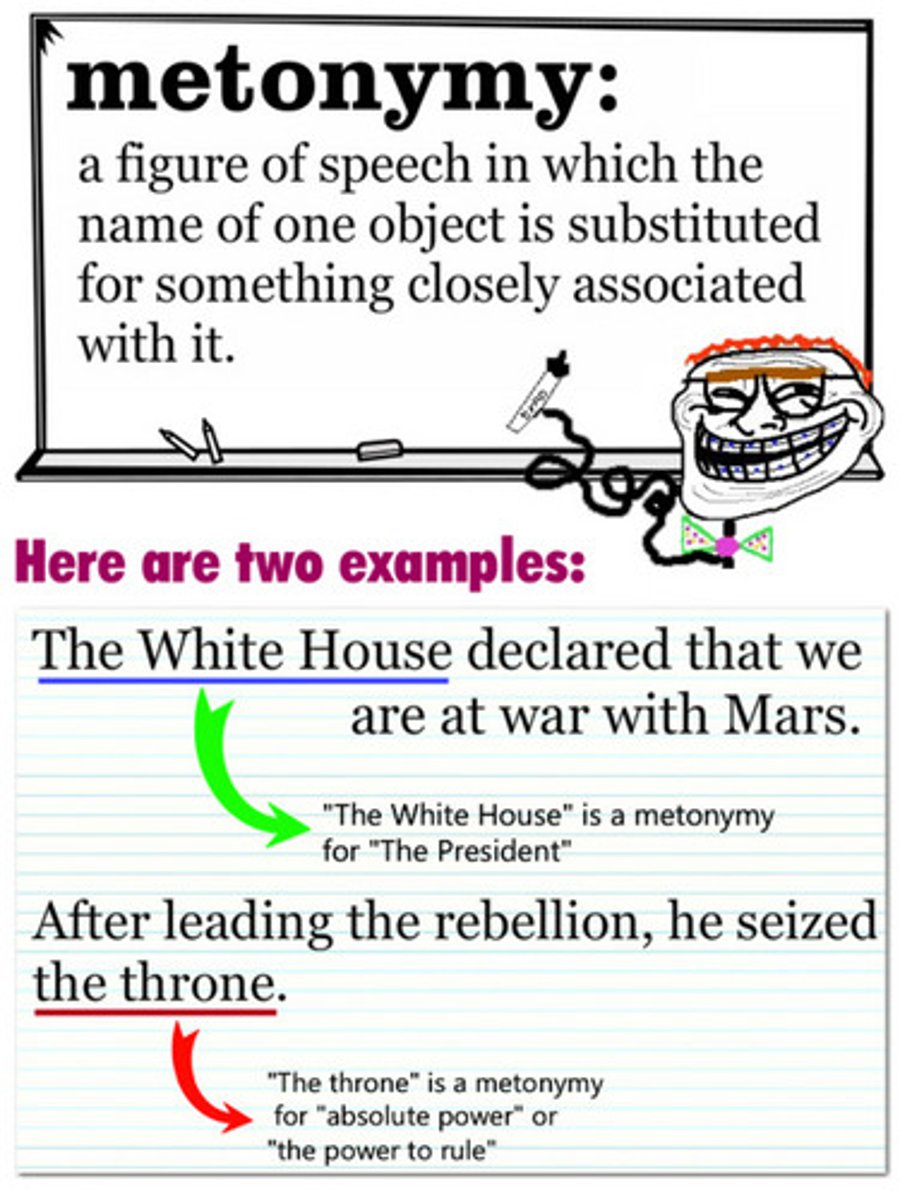
Mood
the emotions that a text evokes from the reader
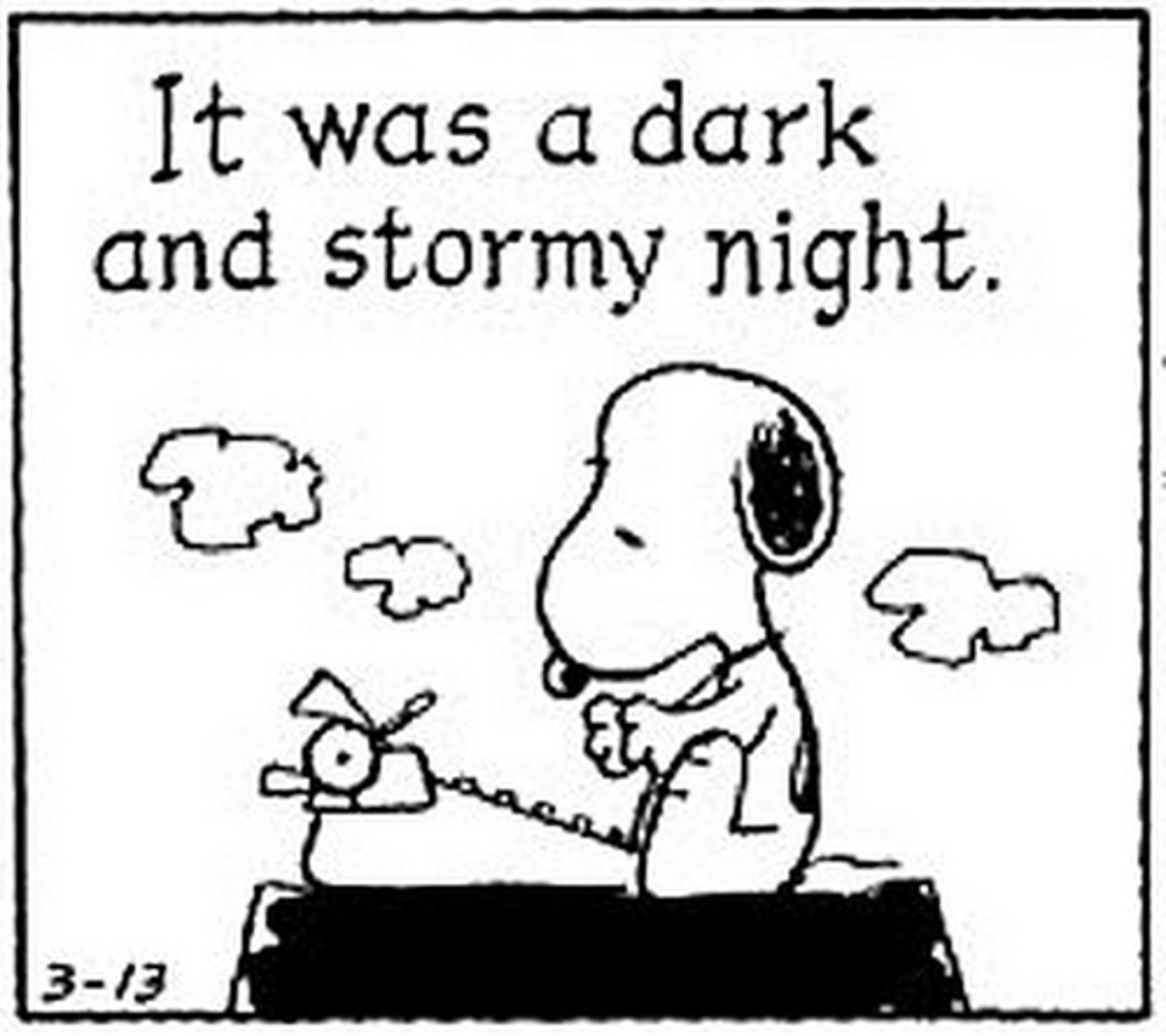
Motif
an object/idea that repeats itself throughout a text
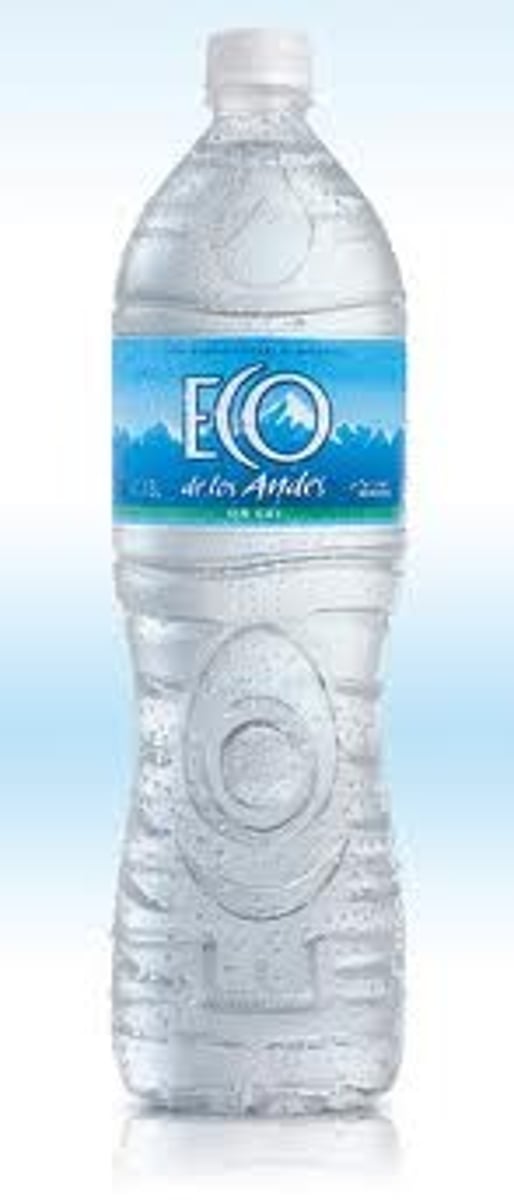
Onomatopoeia
a word that sounds like the noise it describes
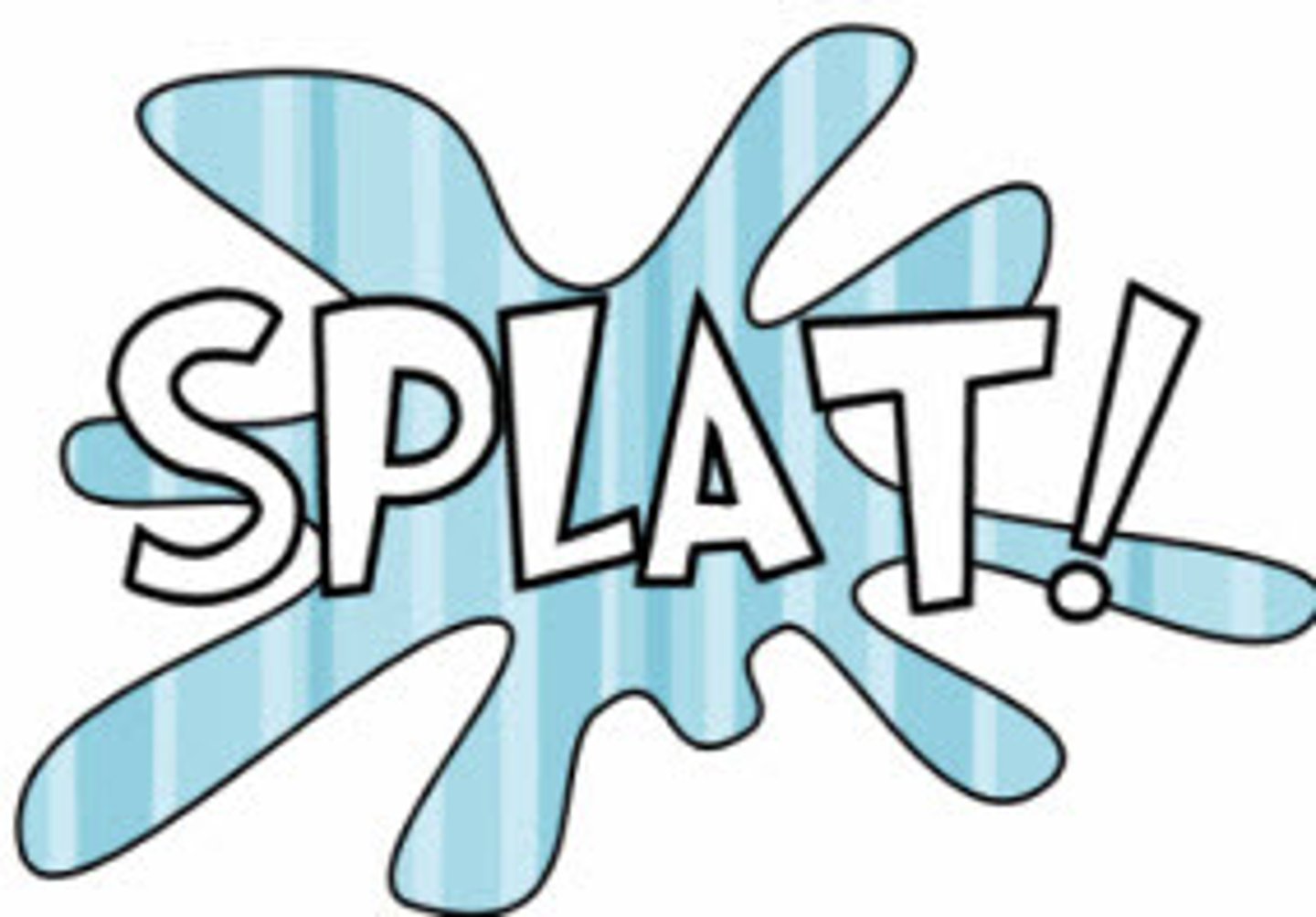
Oxymoron
a figure of speech that combines contradictory words with opposite meanings
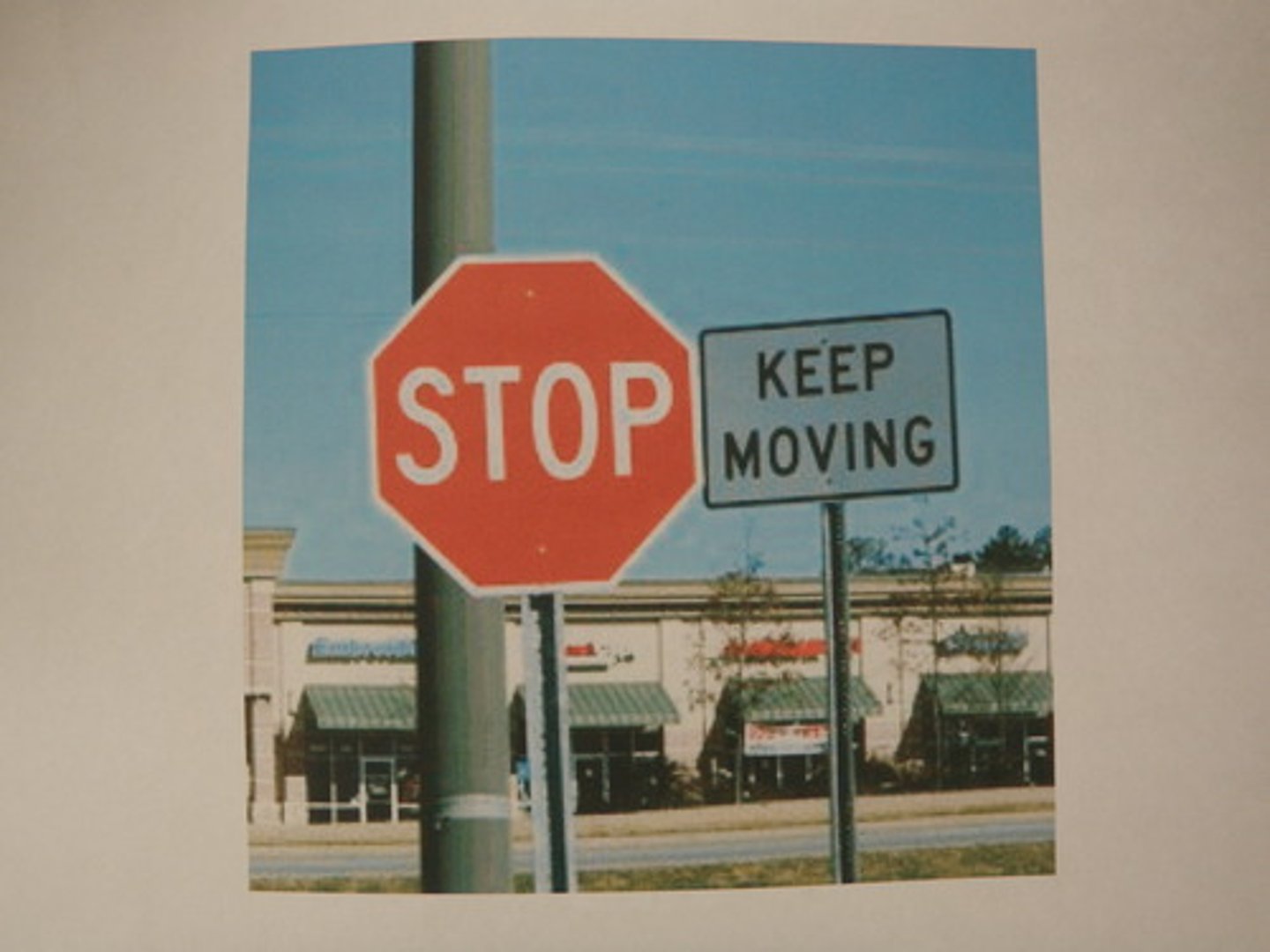
Portmanteau
blending two or more words together to create a new word
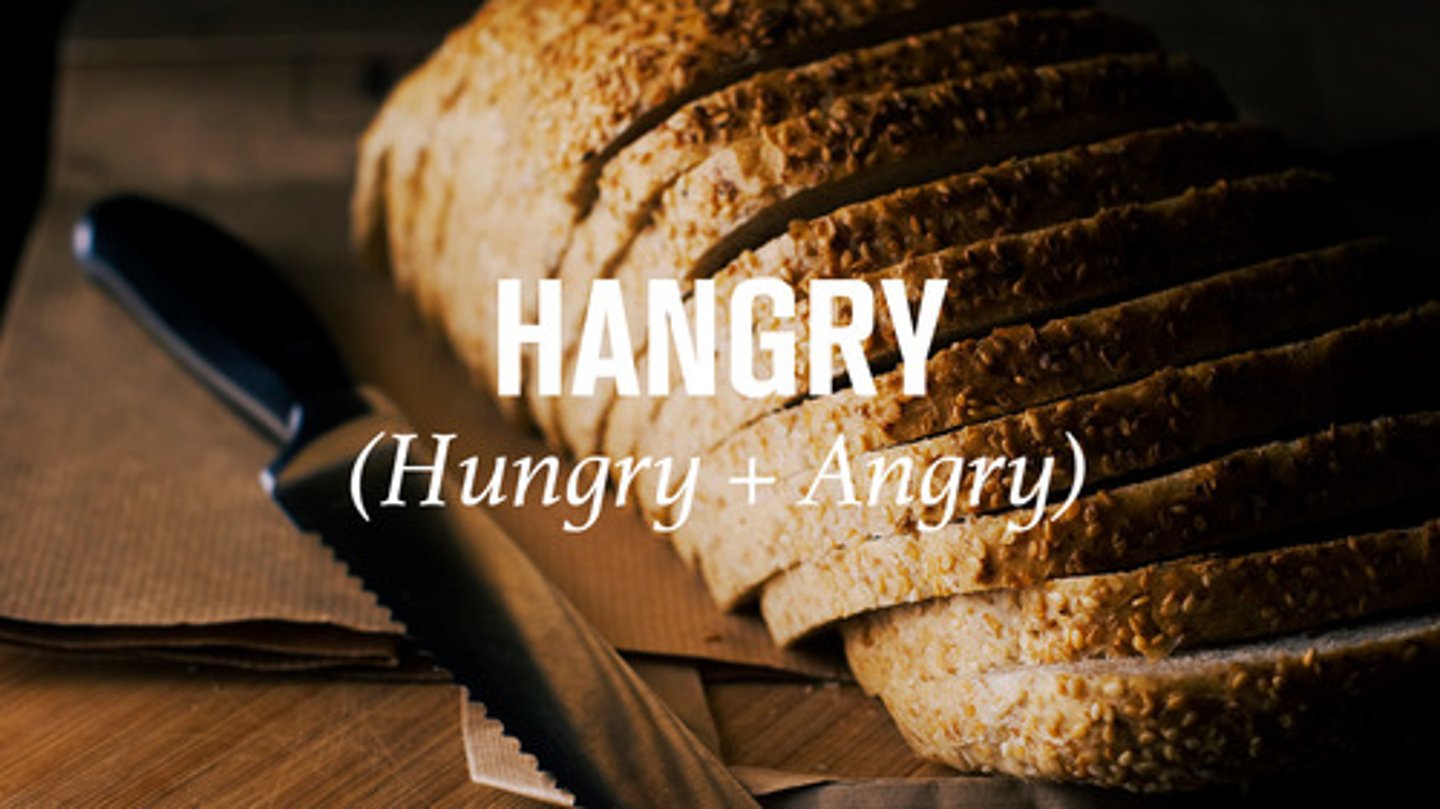
Paradox
a self contradictory statement that expresses a truth
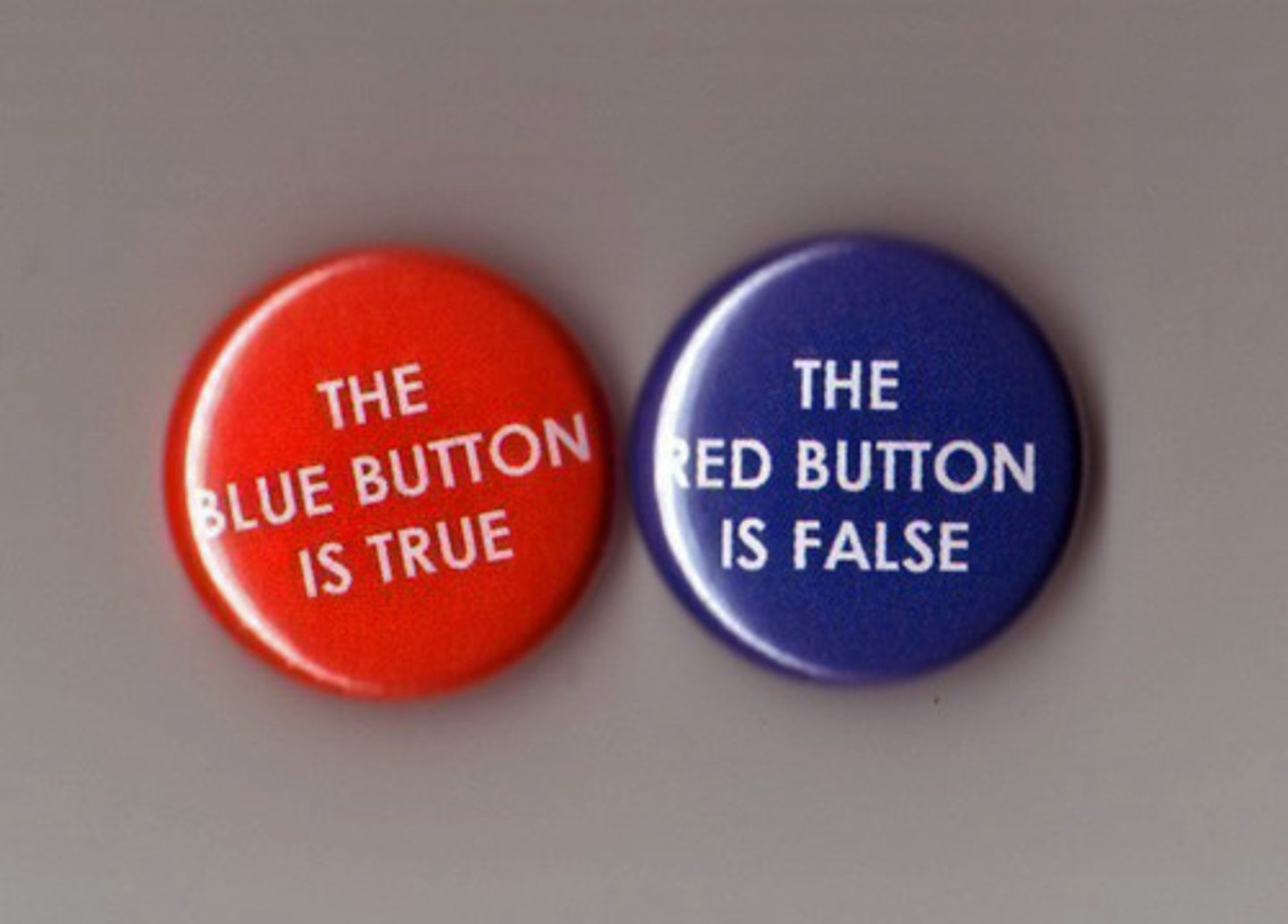
Personification
giving human attributes to something non-human
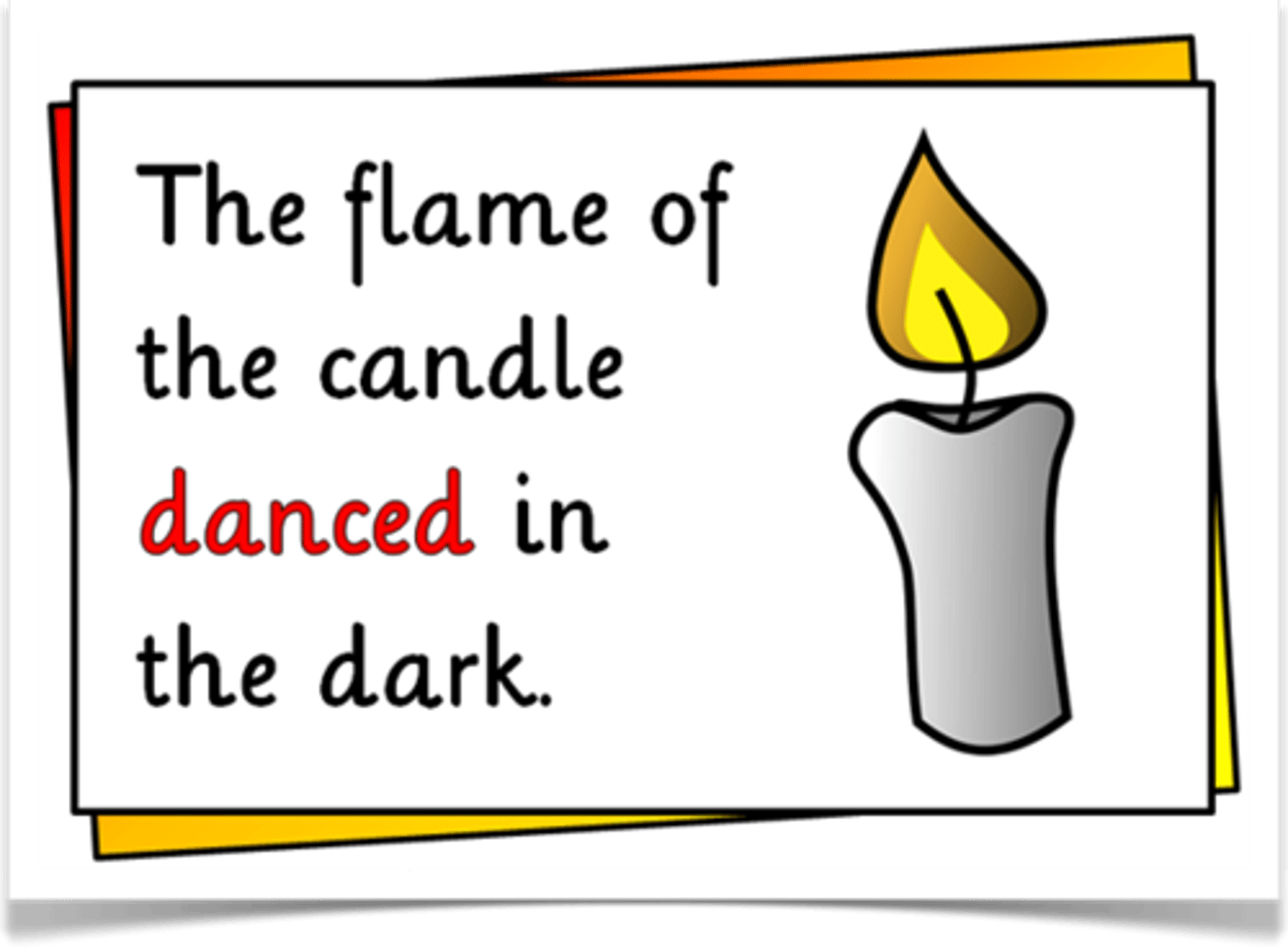
Plot
exposition -> rising action -> climax -> falling action -> resolution
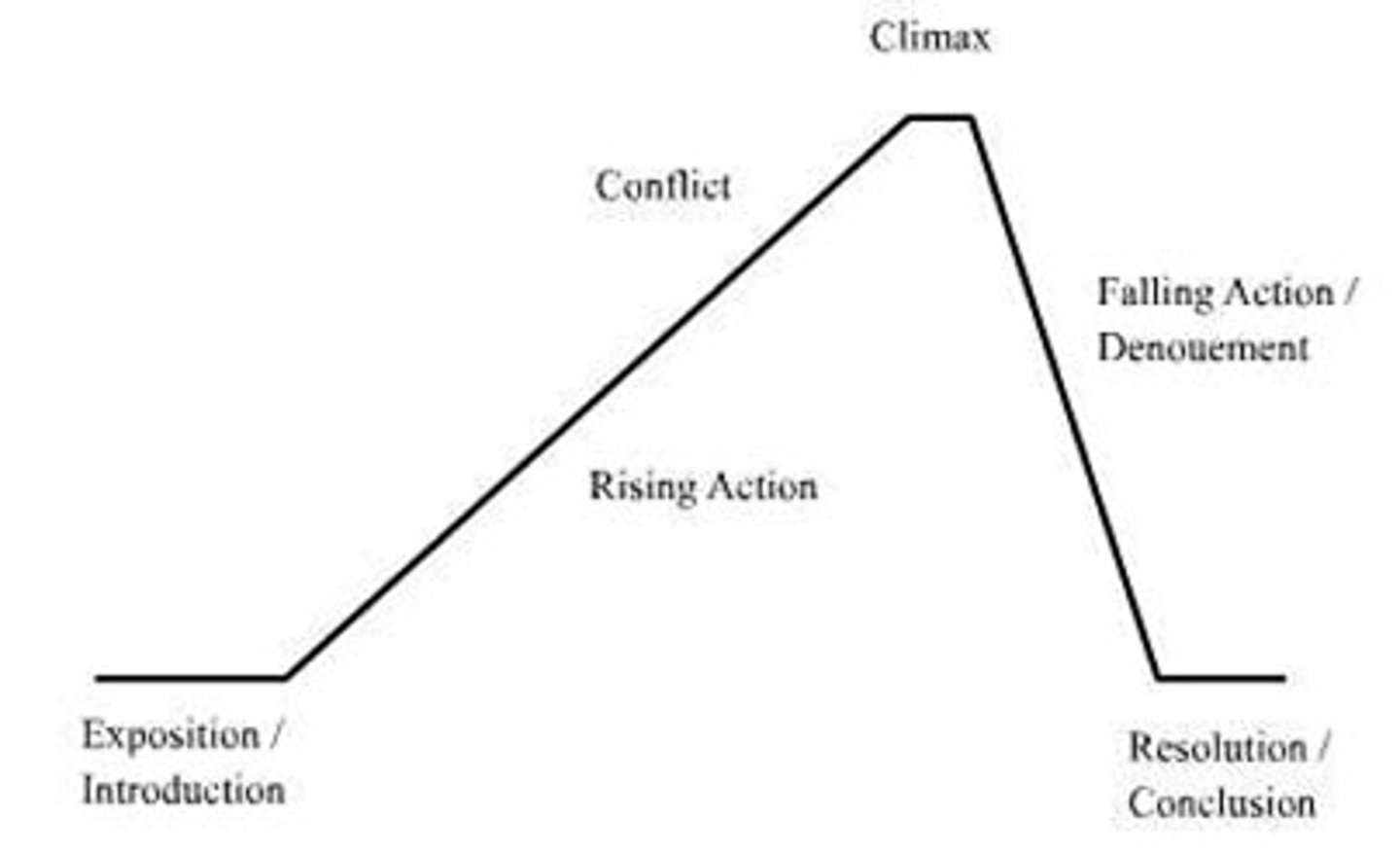
Satire
the use of humor, irony, or ridicule to criticize something or someone

Simile
a comparison of two unlike things using like/as
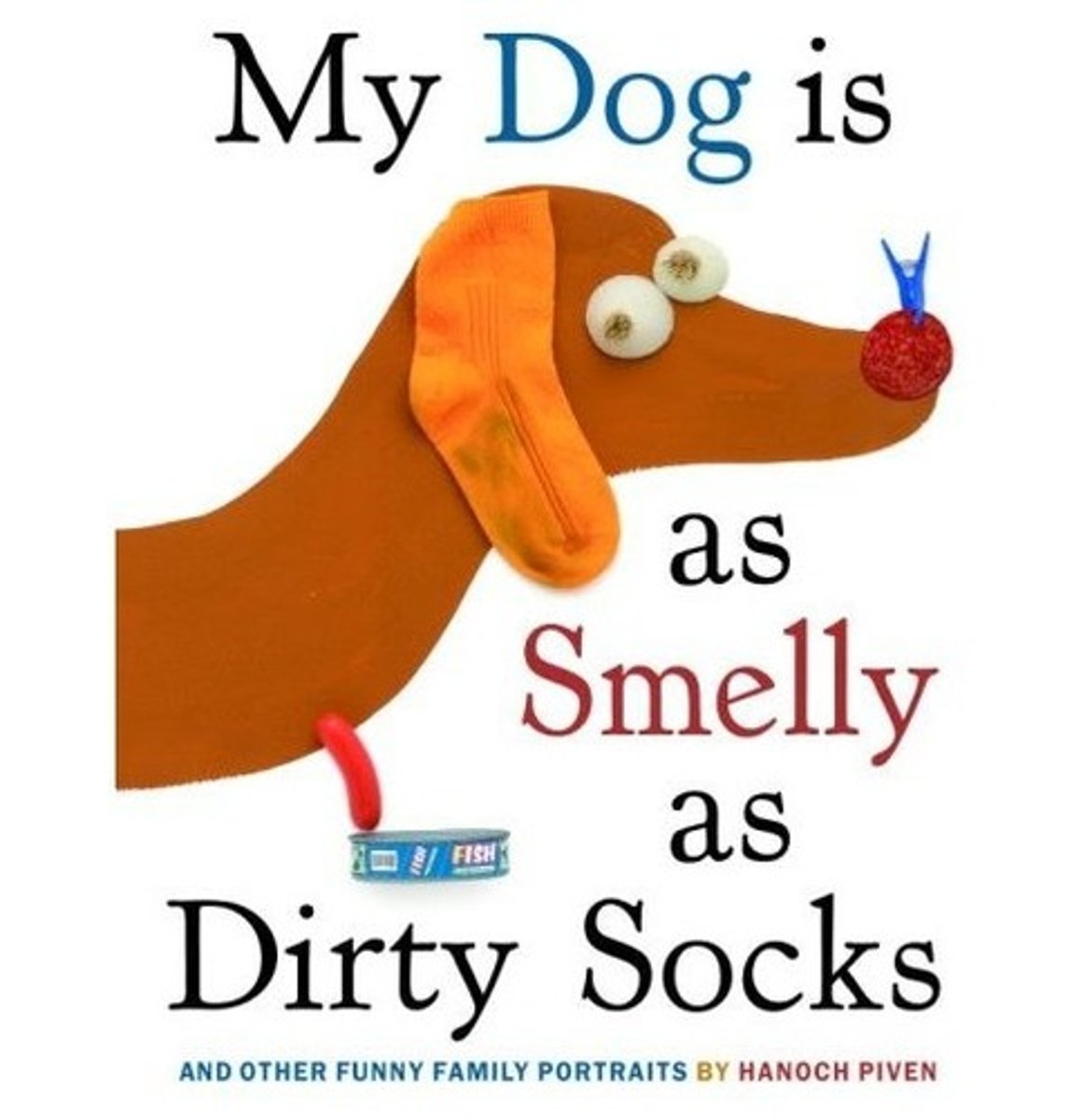
Symbol
a concrete image that represents an abstract idea
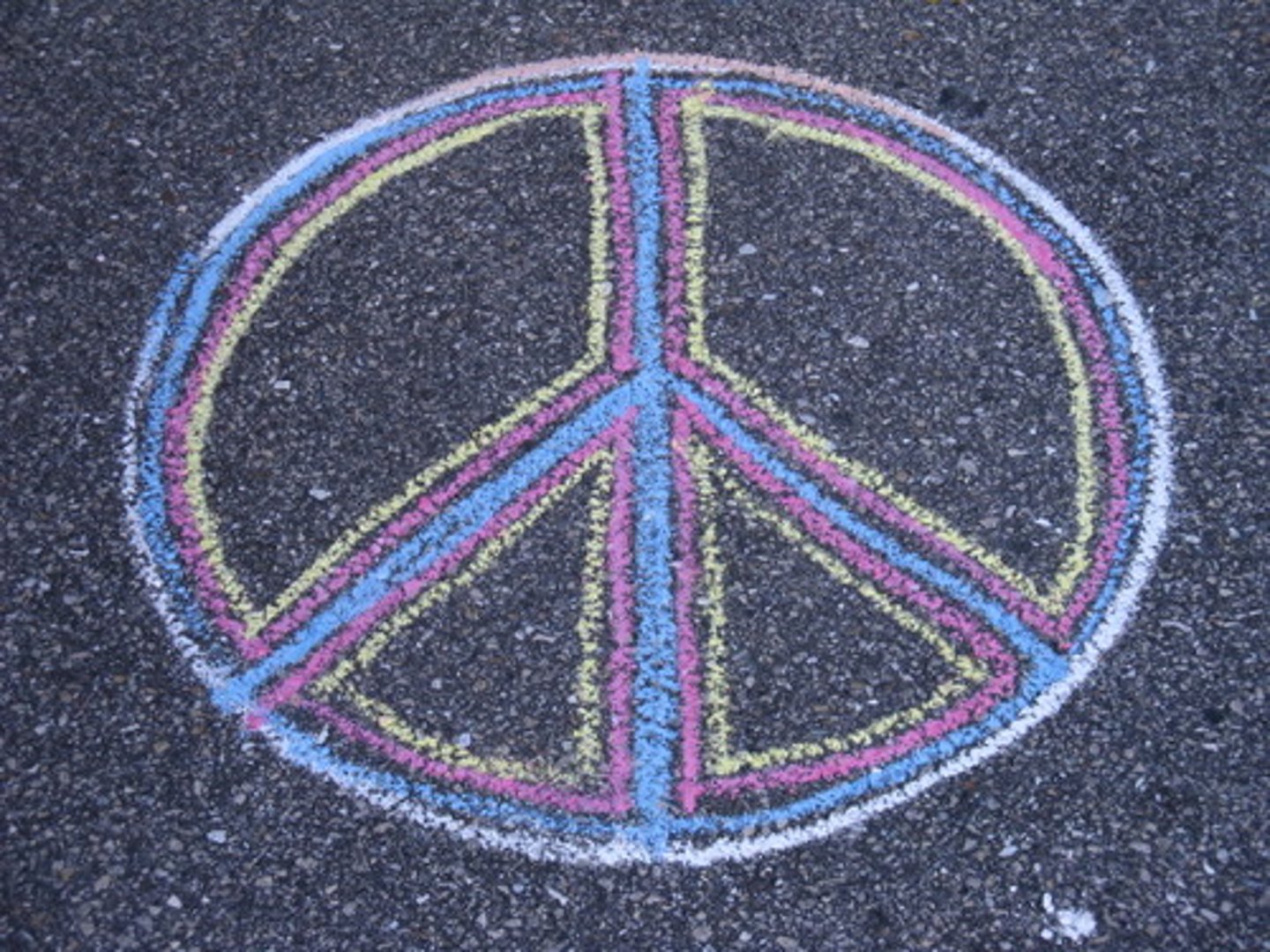
Theme
a universal idea, lesson, or message explored in a text
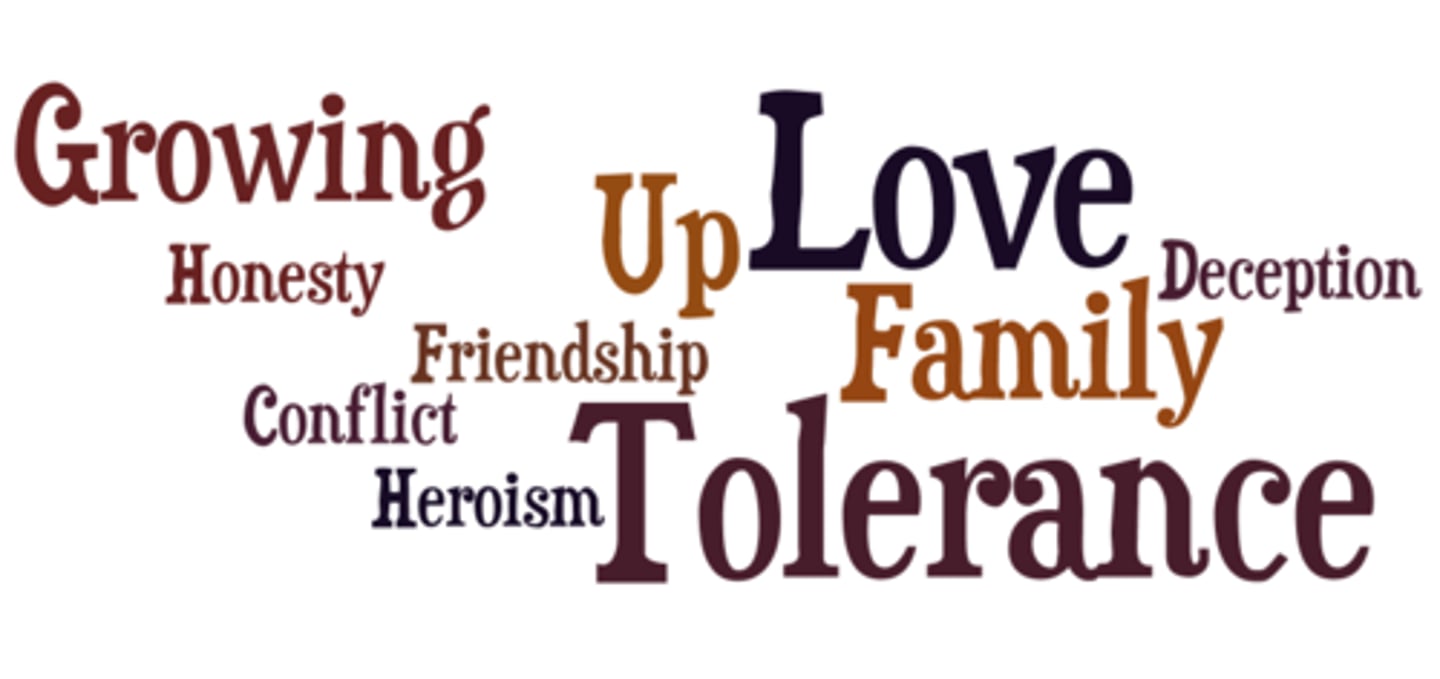
Tone
the author's or speaker's attitude or feelings
